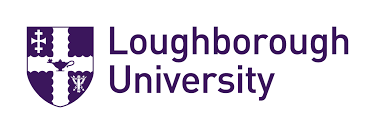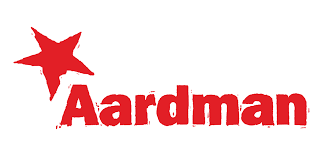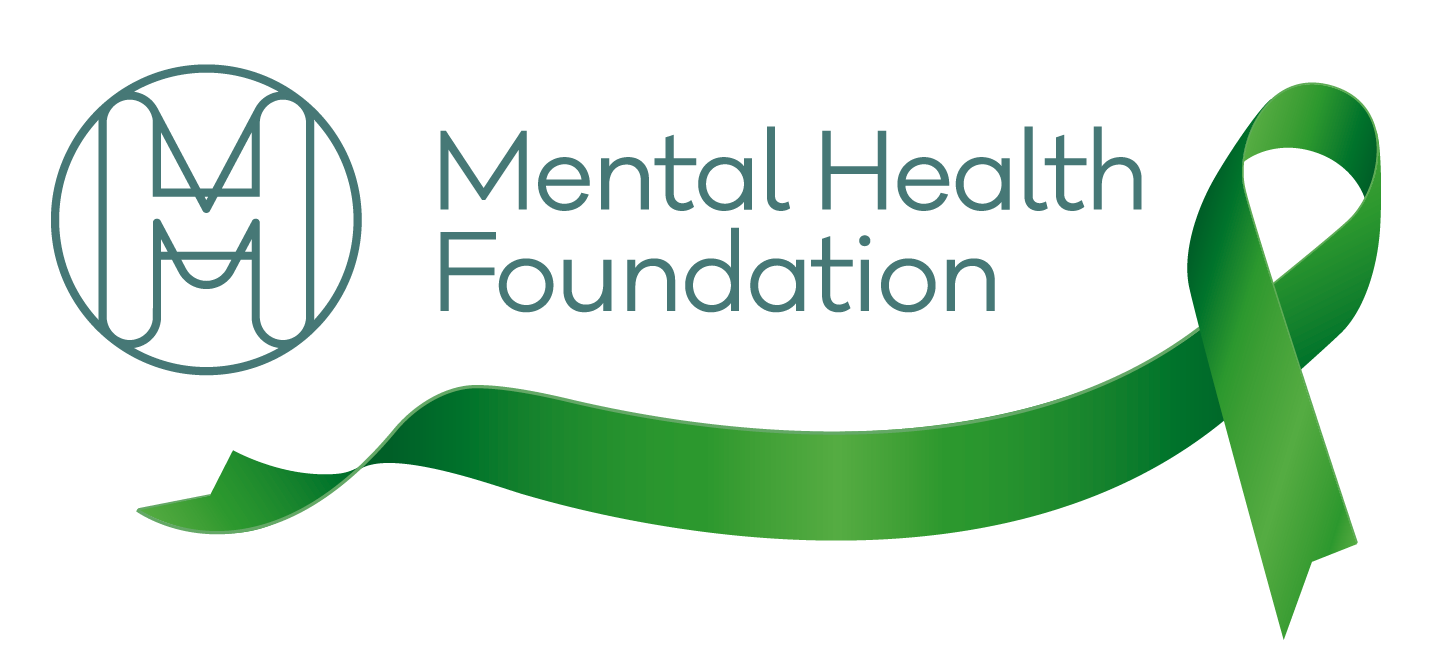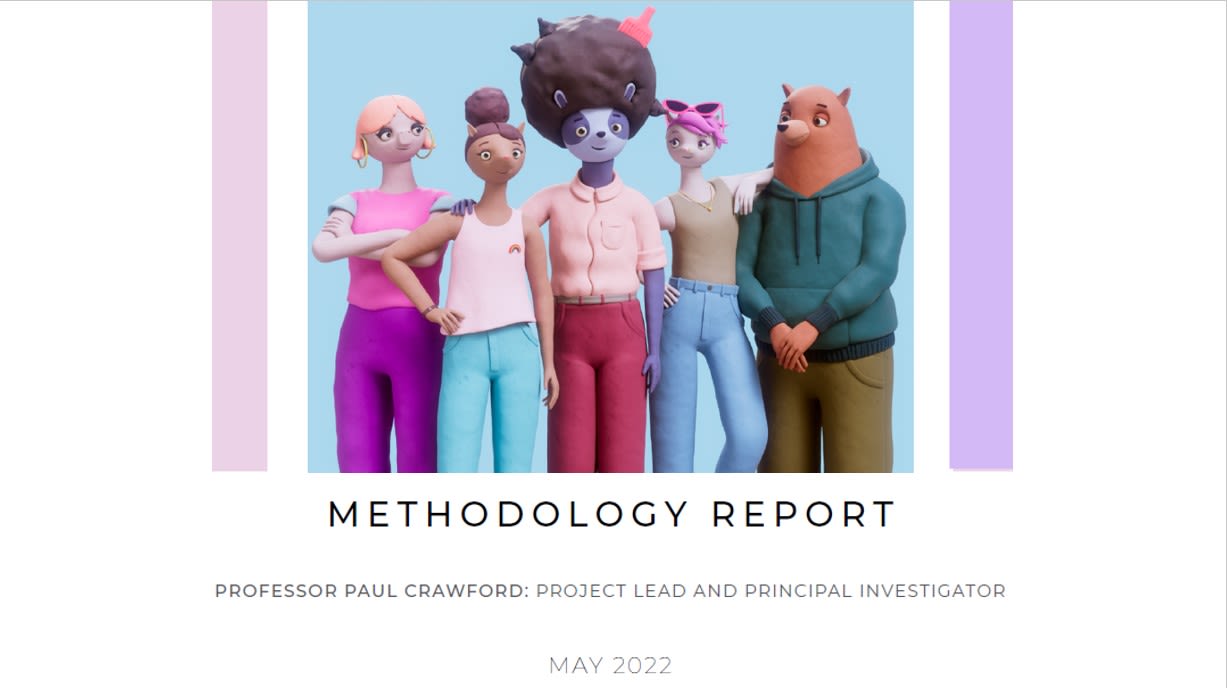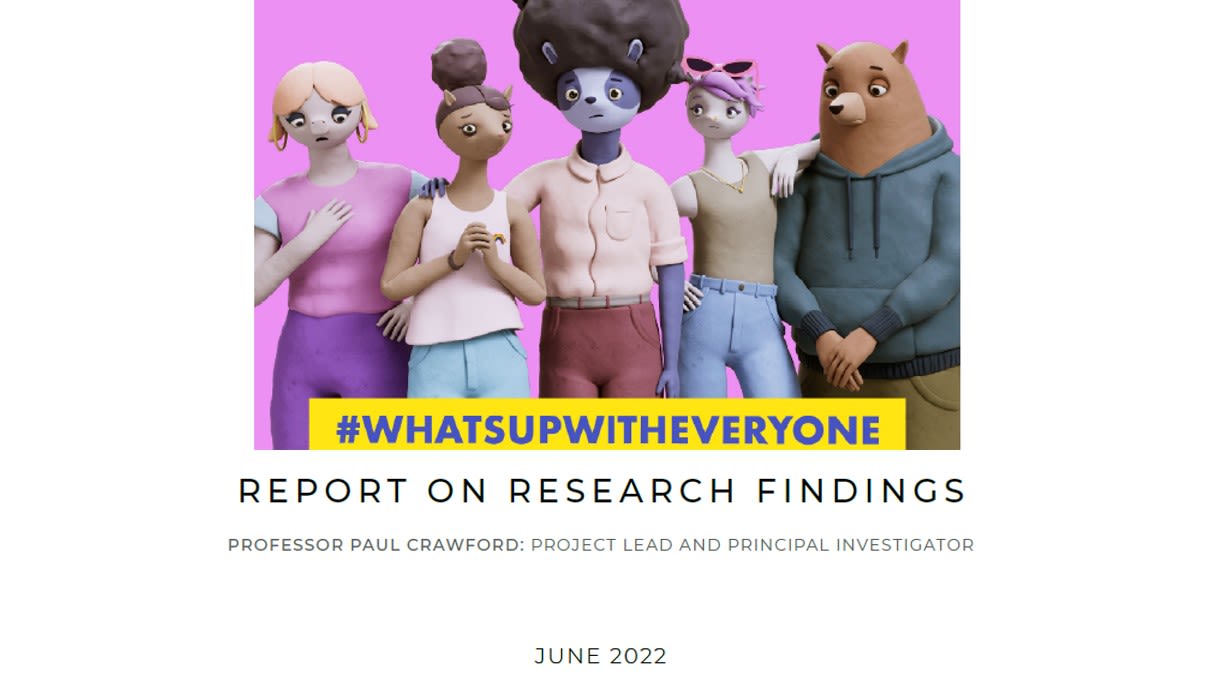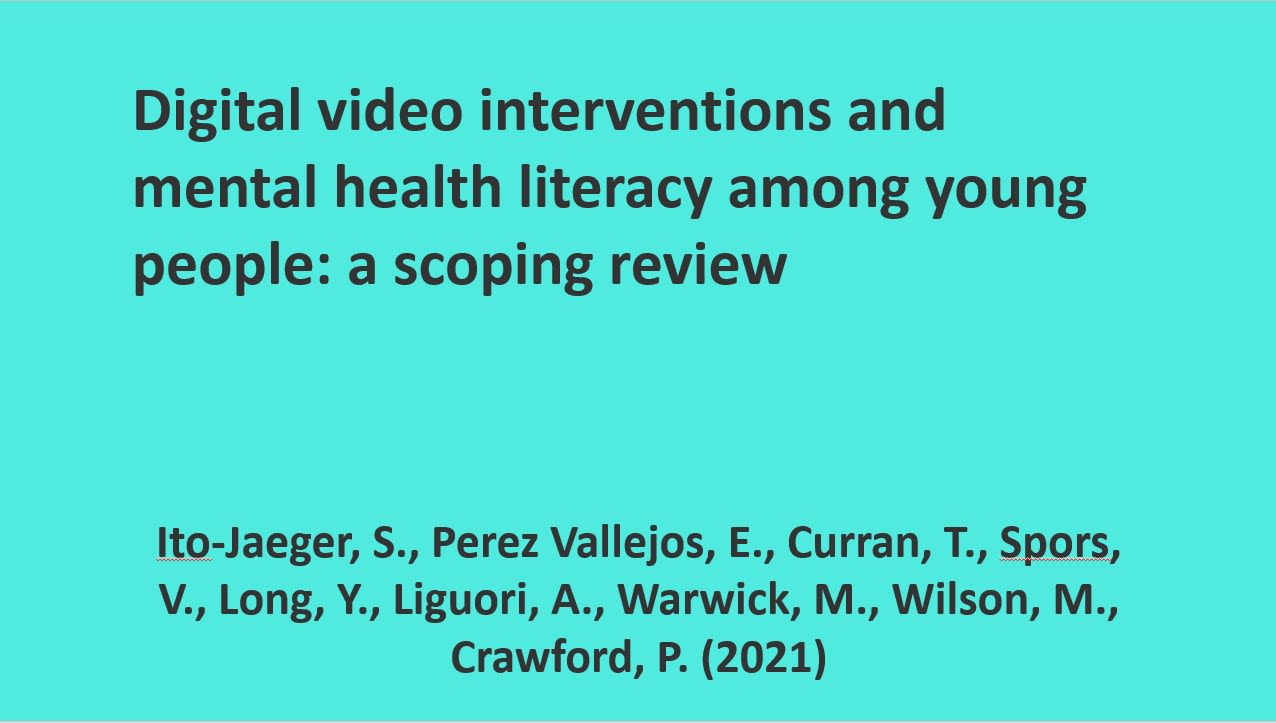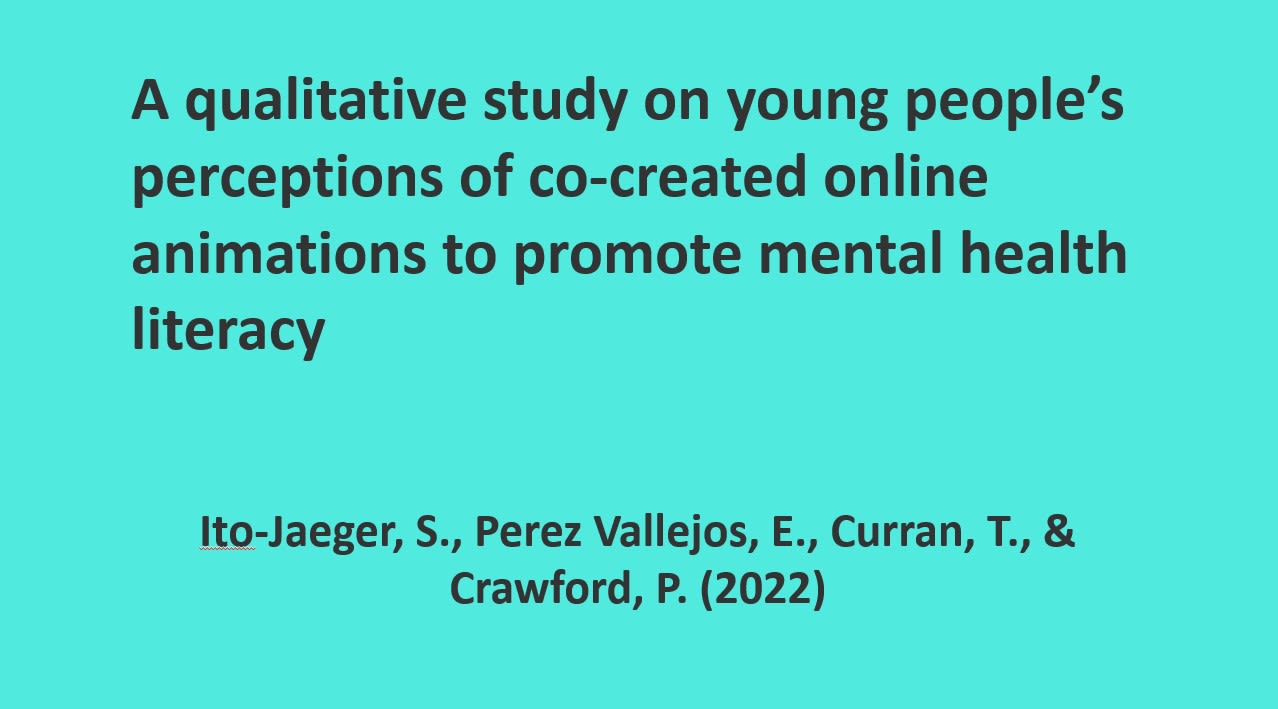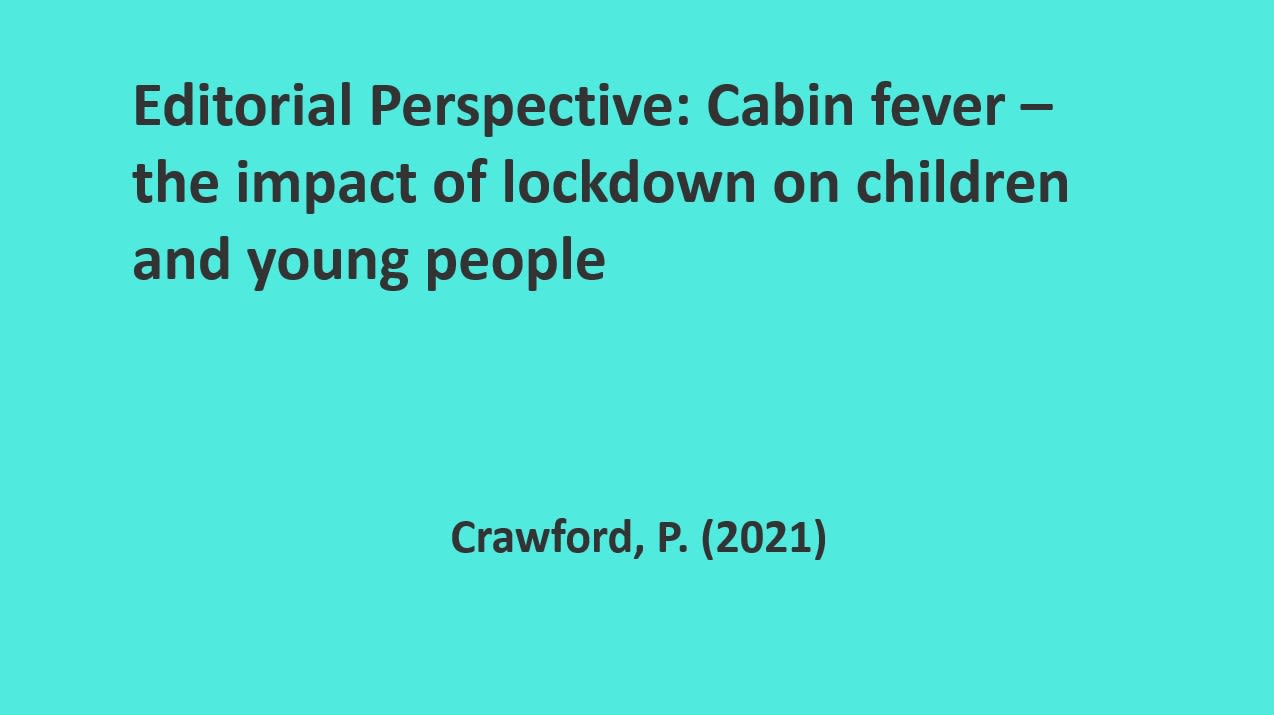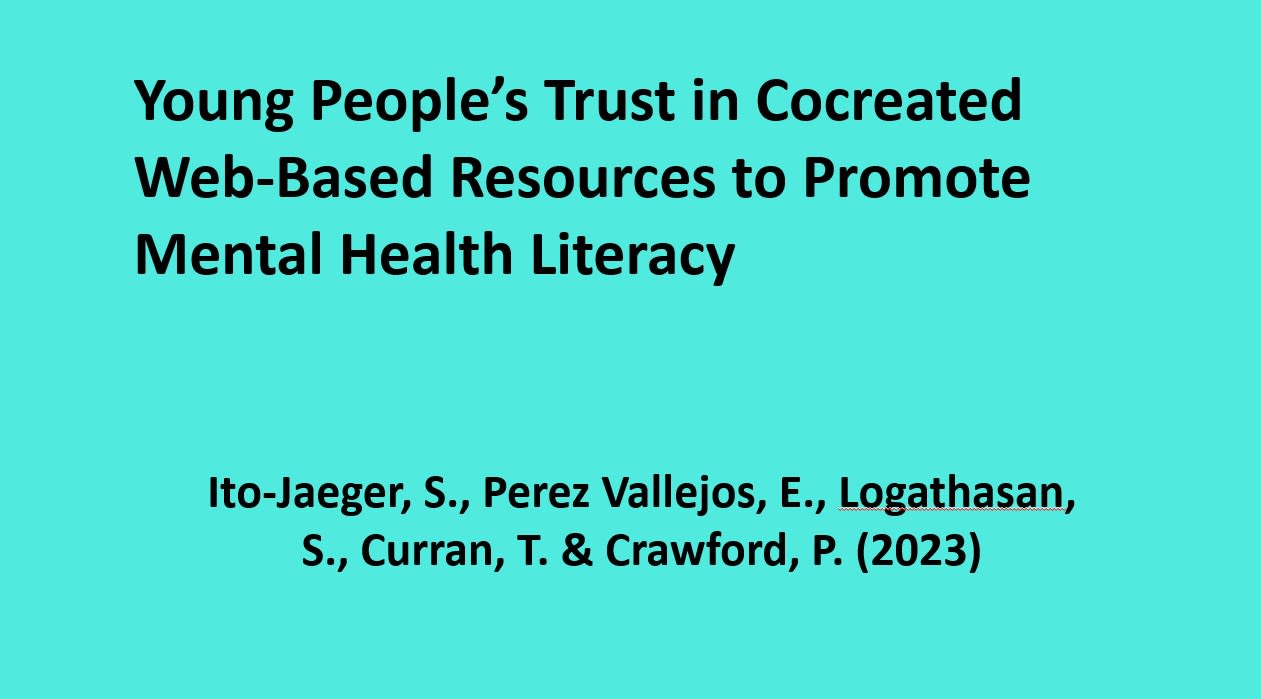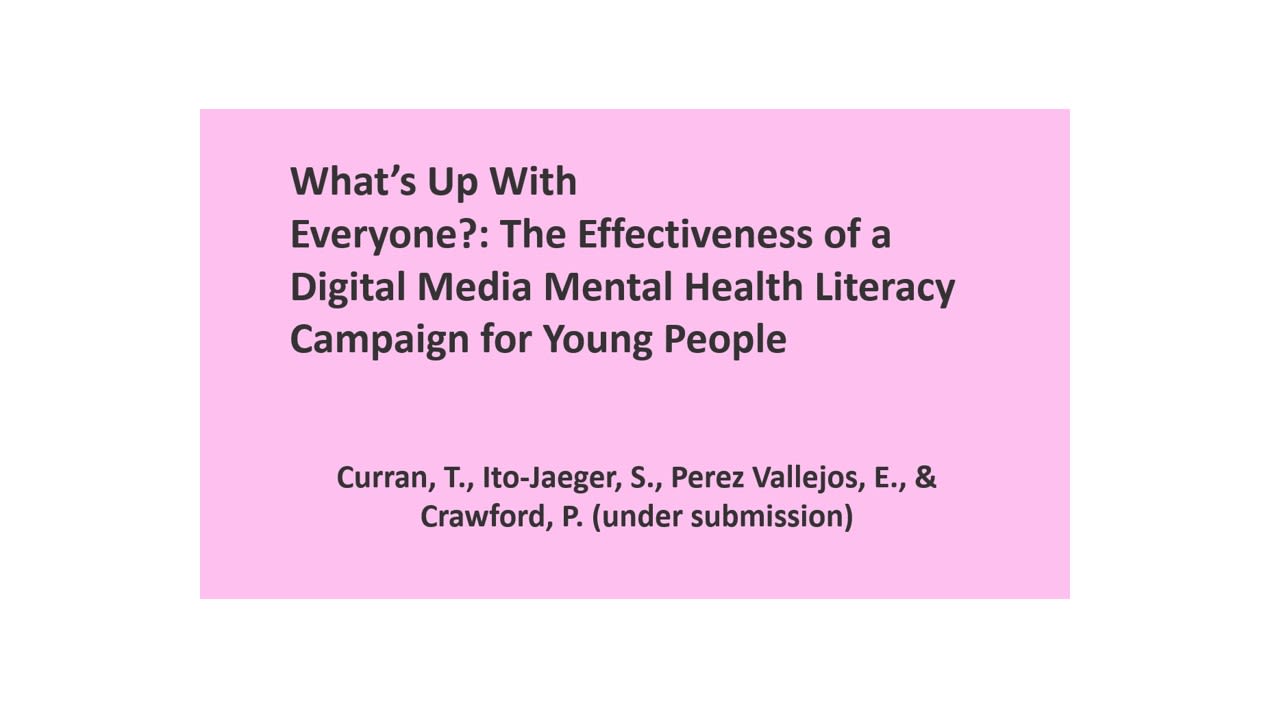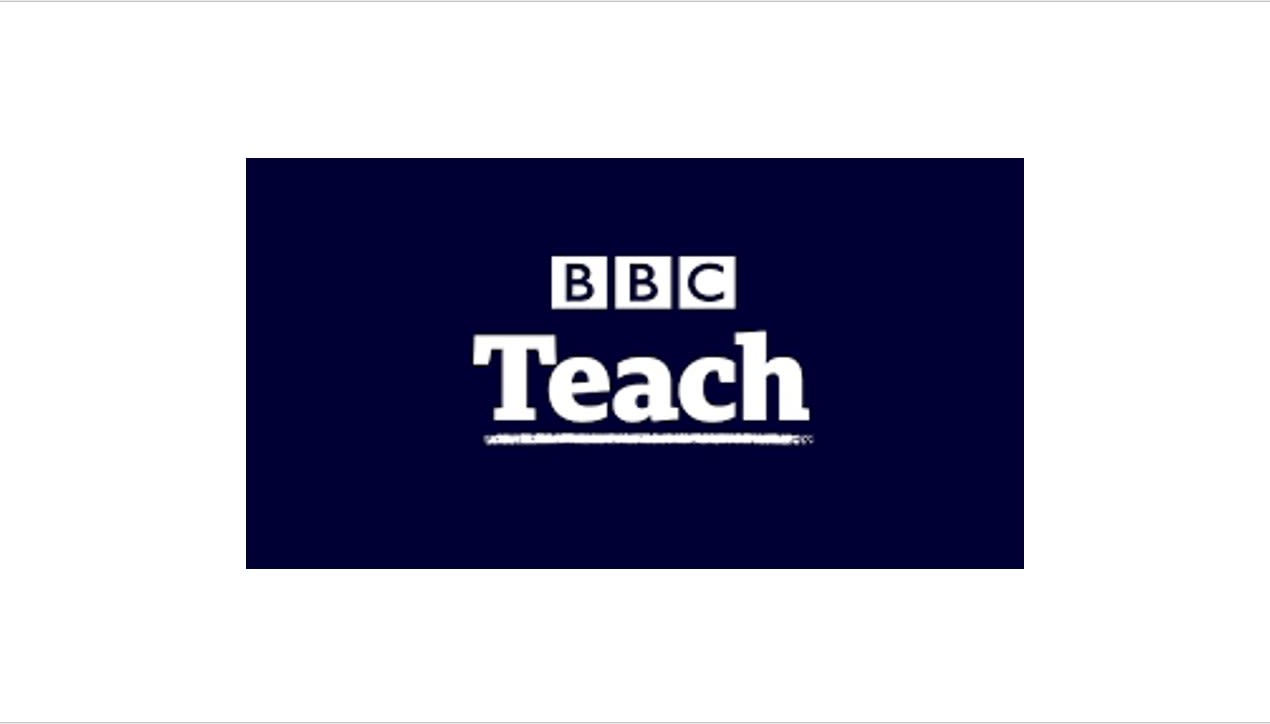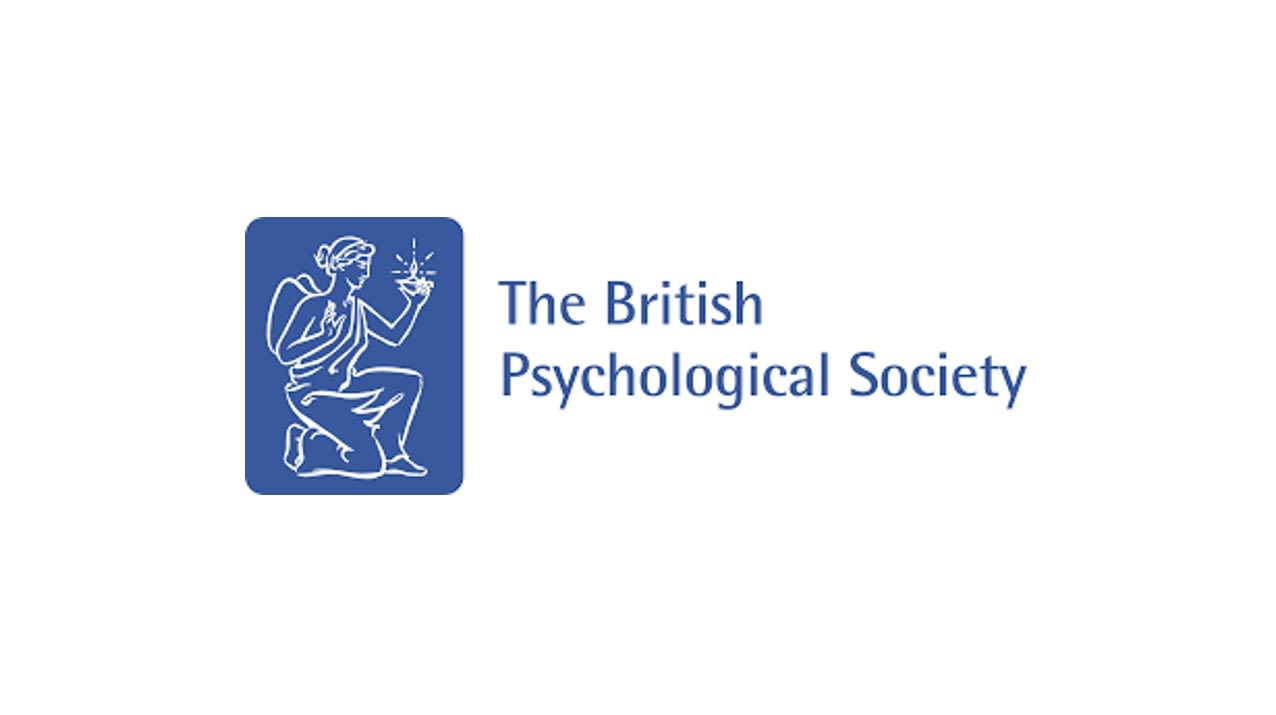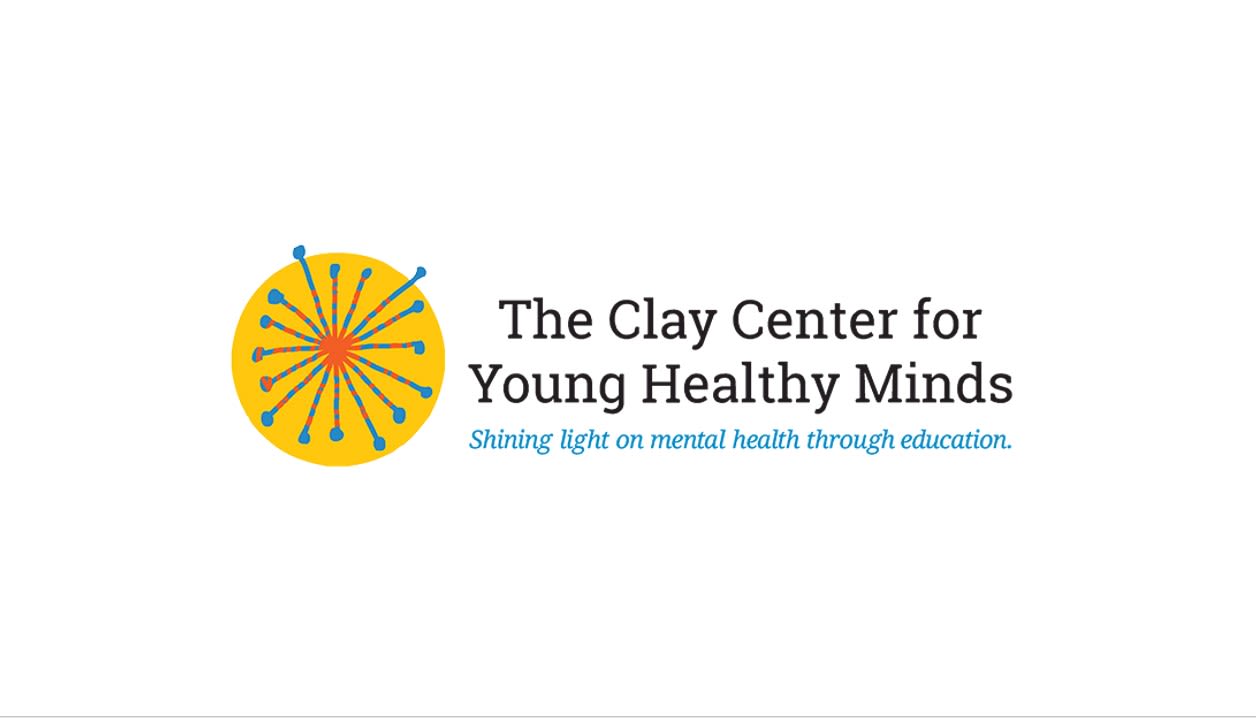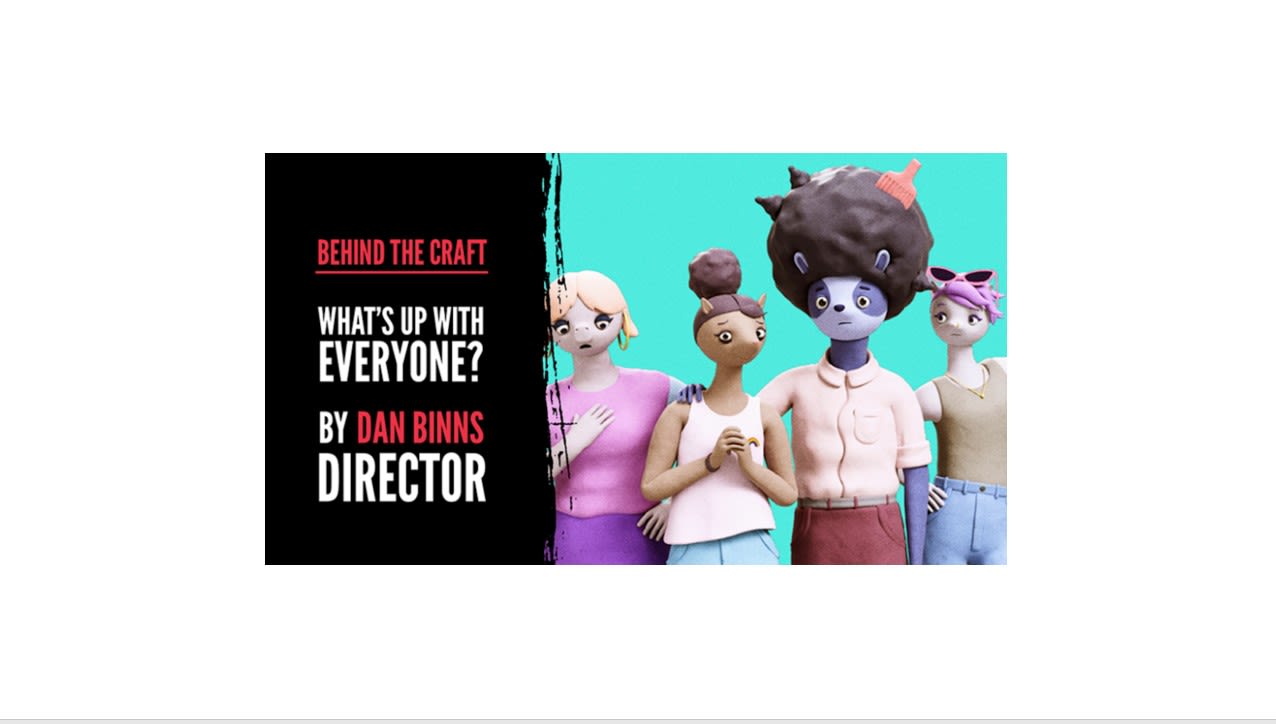What’s Up With Everyone?
Leading academics partnered with Aardman to launch the What’s Up With Everyone? mental health campaign, funded by the Arts and Humanities Research Council.
The campaign translates research into accessible content in the form of five evidence-based animated stories that discuss life’s challenges, alongside a companion website.
The animations were co-produced with, and for, young people – particularly those aged 17 – 24, who are likely in transition to college, university or the workplace, but it is not limited to this age range.
The campaign aims to increase mental health literacy by recognising and managing life's challenges before they impact mental health.
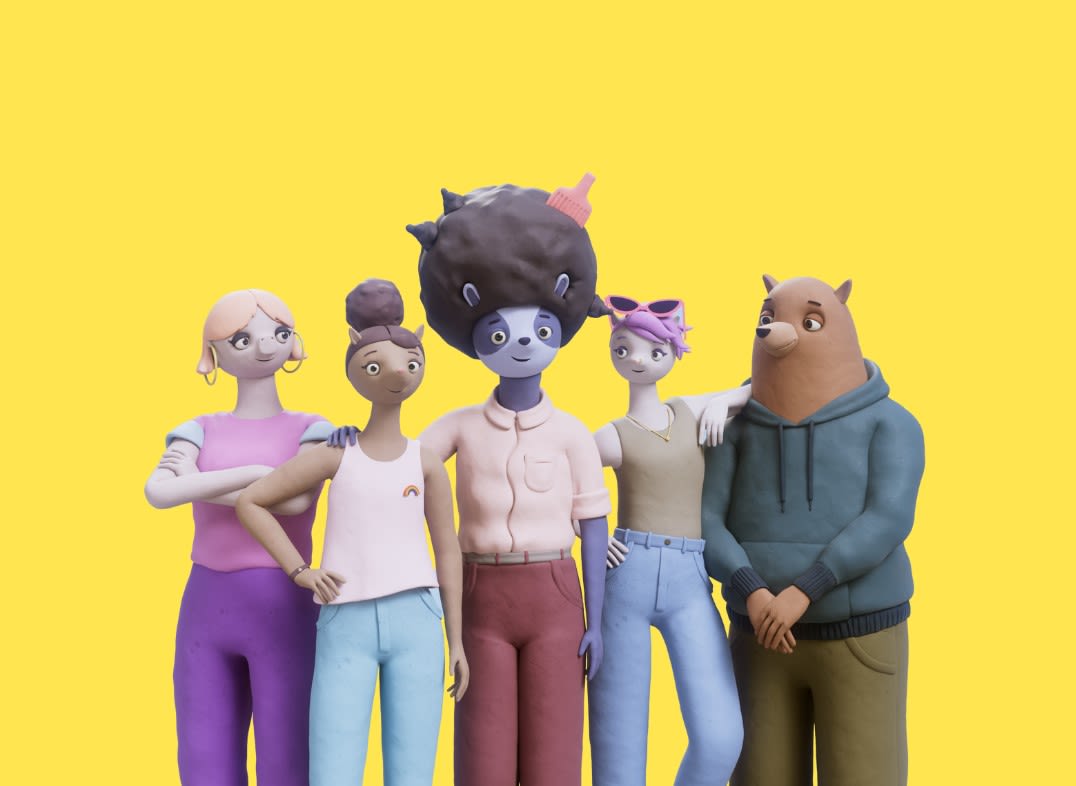
“In a year that has seen huge disruption to young people across the UK, understanding and responding to mental health challenges has never been more important.
To truly enhance mental health literacy for the next generation, we must think creatively about how to reach young people and articulate the complex challenges they face.
This novel collaboration between researchers and the creative sector perfectly exemplifies how we can do this, and the Arts and Humanities Research Council is proud to support this pioneering approach to creative public health.”
Paul Meller, Associate Director of Programmes, Arts and Humanities Research Council
“These wonderful short animated stories should help all our young people to think about and explore solutions to the kind of mental health challenges that come with difficult life transitions such as heading off to university or college or starting in training or employment. The films and supporting online resources will be very welcome at this time, with all the disruption and anxieties in the wake of the coronavirus pandemic.
As well as providing a much needed mental health resource, this campaign forms part of a wider research project that will also evaluate how effective these creative platforms are as a way of reaching the young people who need it, and ensuring help and guidance is easily accessible.”
Professor Paul Crawford, Project Lead and Principal Investigator, the University of Nottingham
Meet the Project Team
This ambitious project was made possible by the collaborative expertise of a diverse range of academic, clinical, and creative industry teams, and individuals, alongside a group of 42 young co-creators. The combination of research and clinical expertise, creative knowledge, and lived experience, serves to maximise the impact of public health research.
Read the methodology report, where core members of the team have reported their insights about the project, its innovation, elements or processes that worked particularly well and things that worked less well.
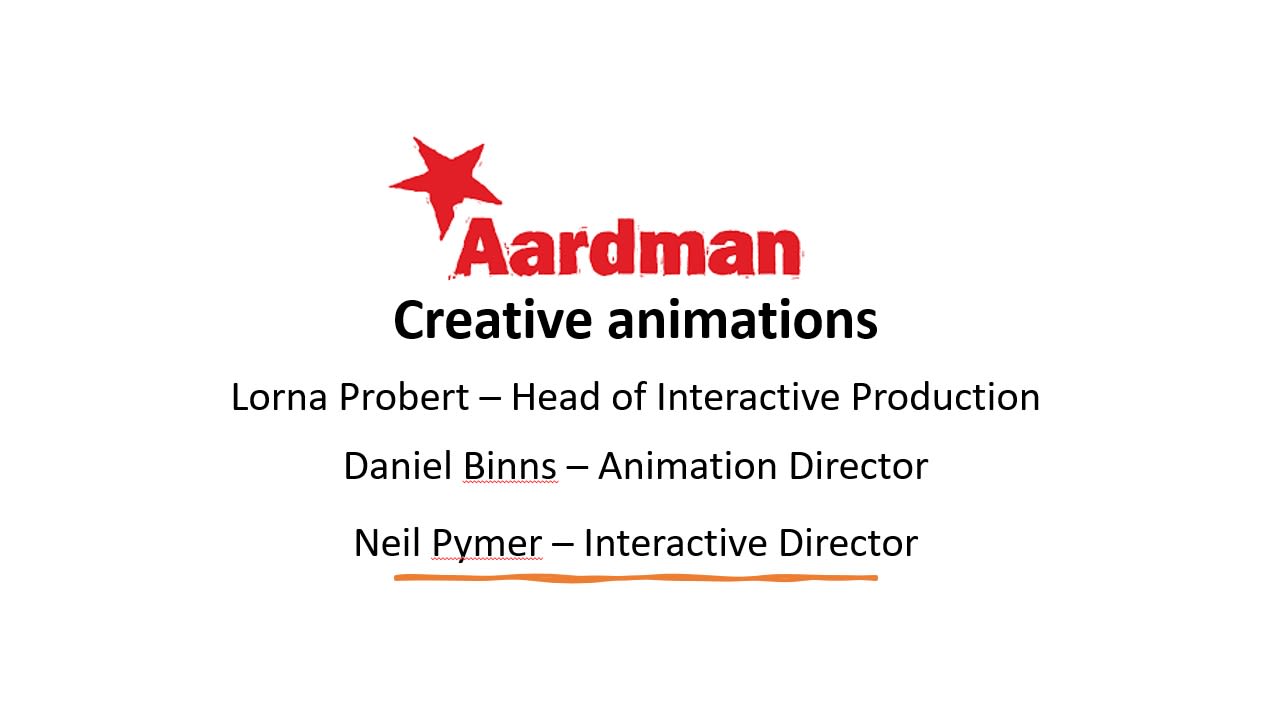
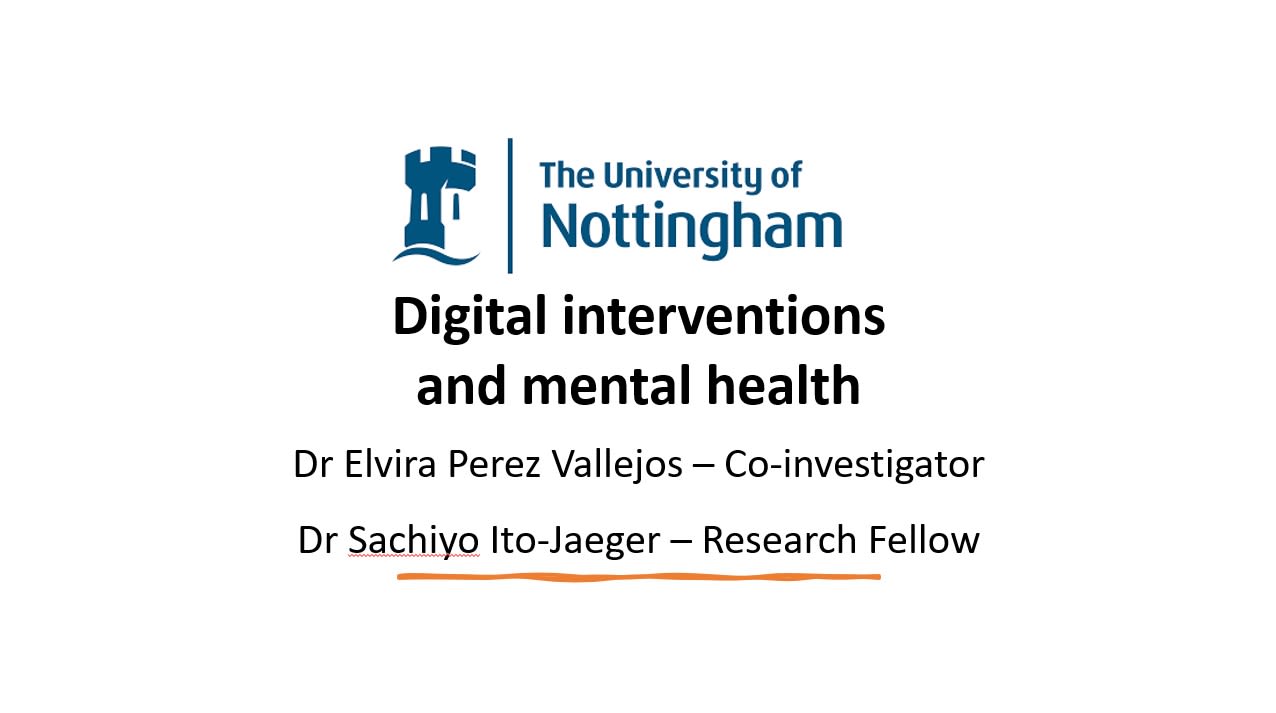
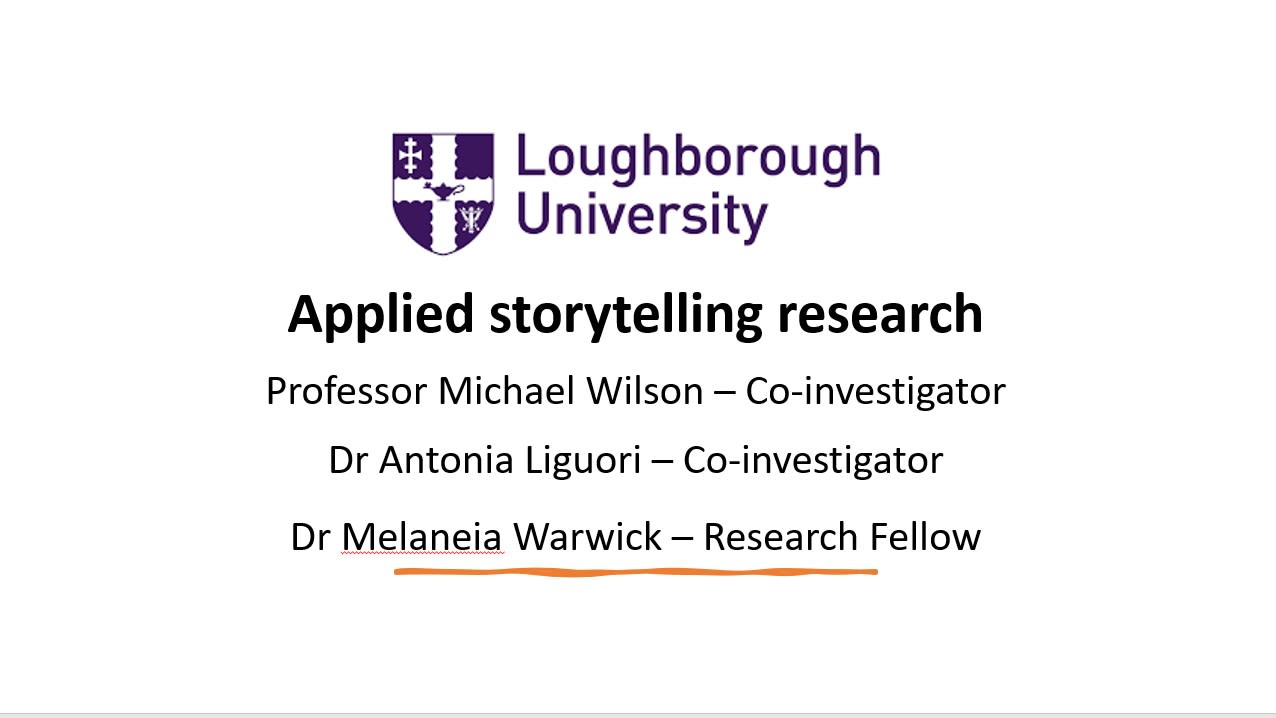
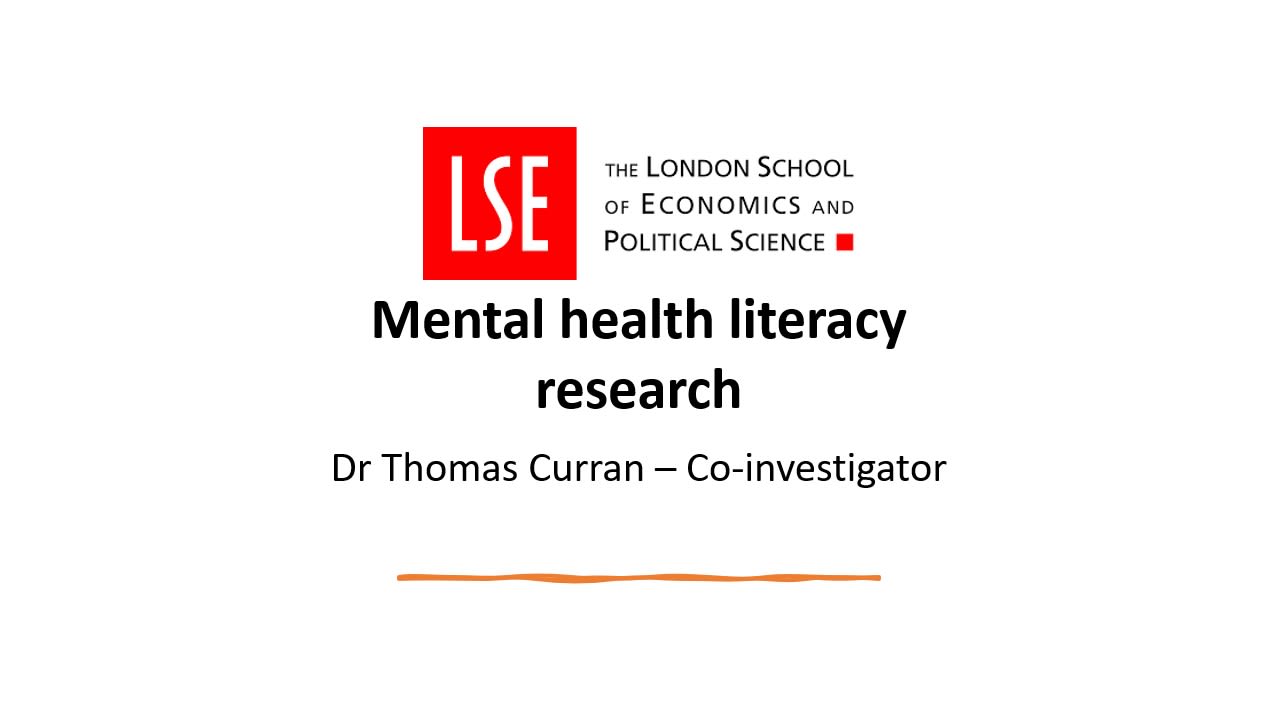
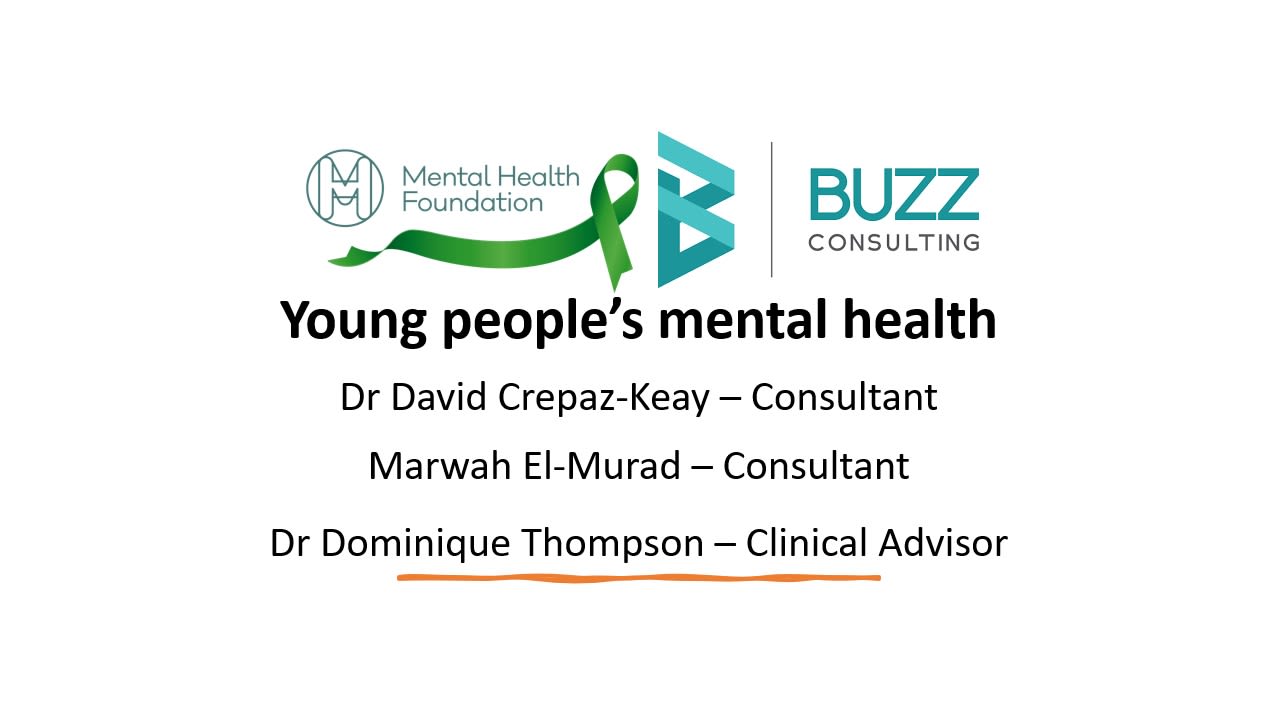
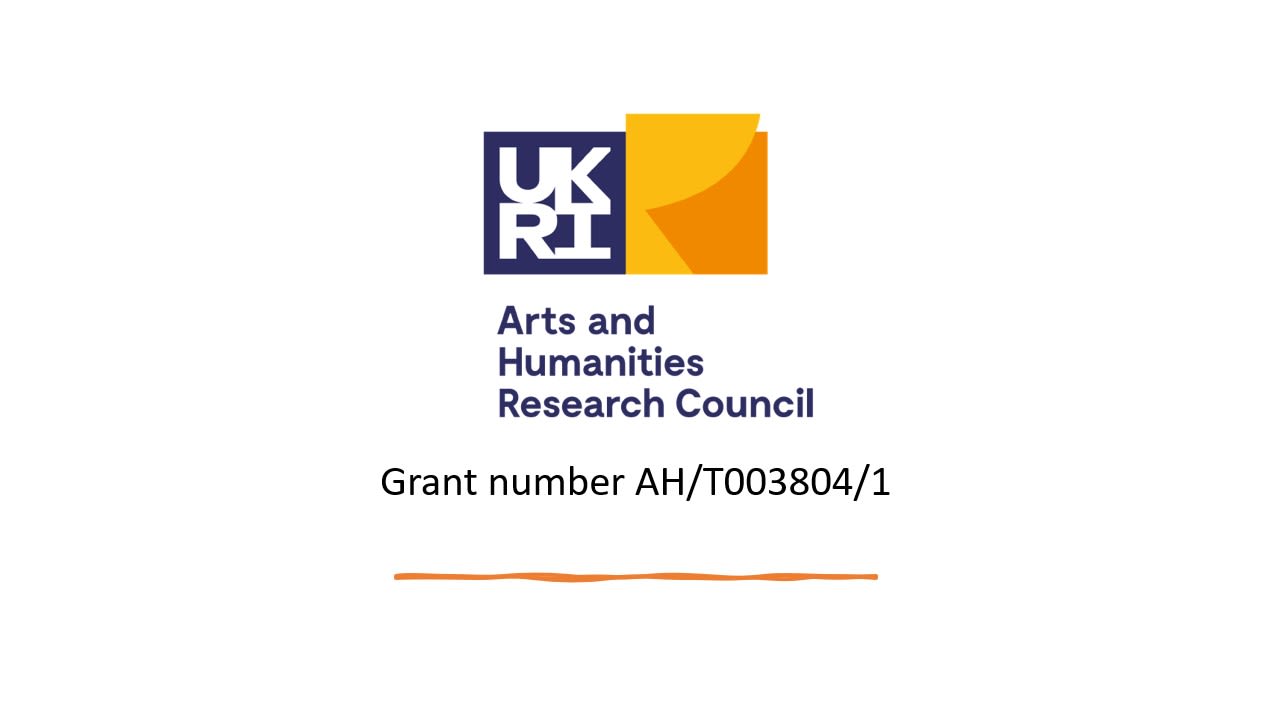






“We set out to produce short films which young people could relate to, something that felt genuine and honest. We wanted to create content that could come up on someone’s social media and elicit the response ‘I know that feeling’.
We want people watching them to see a little of themselves in the characters and their stories, and for this to be the start of them thinking about how they feel, or cope, and how it could be better.
What really sets this project apart is that it’s been co-created with young people at every step. Their input, alongside those of our experts, has been invaluable and enlightening, enabling us to craft authentic and effective resources that can make a genuinely positive impact.”
Daniel Binns, Animation Director, Aardman
The Young Producers involved
42 young people, aged-16-21, were involved in the production of the animations. They were recruited by Aardman, with support from the Mental Health Foundation and Leaders Unlocked.
The recruitment process involved contacting organisations that work with diverse groups of young people, universities and colleges around the UK, and through social media.
The young people actively contributed to the development of the scripts and animated characters through a series of co-creation workshops and a pilot.
The co-creation process, designed to draw out the key issues young people face, allowed the team to work with further feedback from the young producers, detailing how well their ideas had been translated into the animated characters and stories. The young people also worked alongside the wider team to support the information on the website.
From these workshops, a set of mental health themes were developed, and from this grew a series of five stories and animated characters.
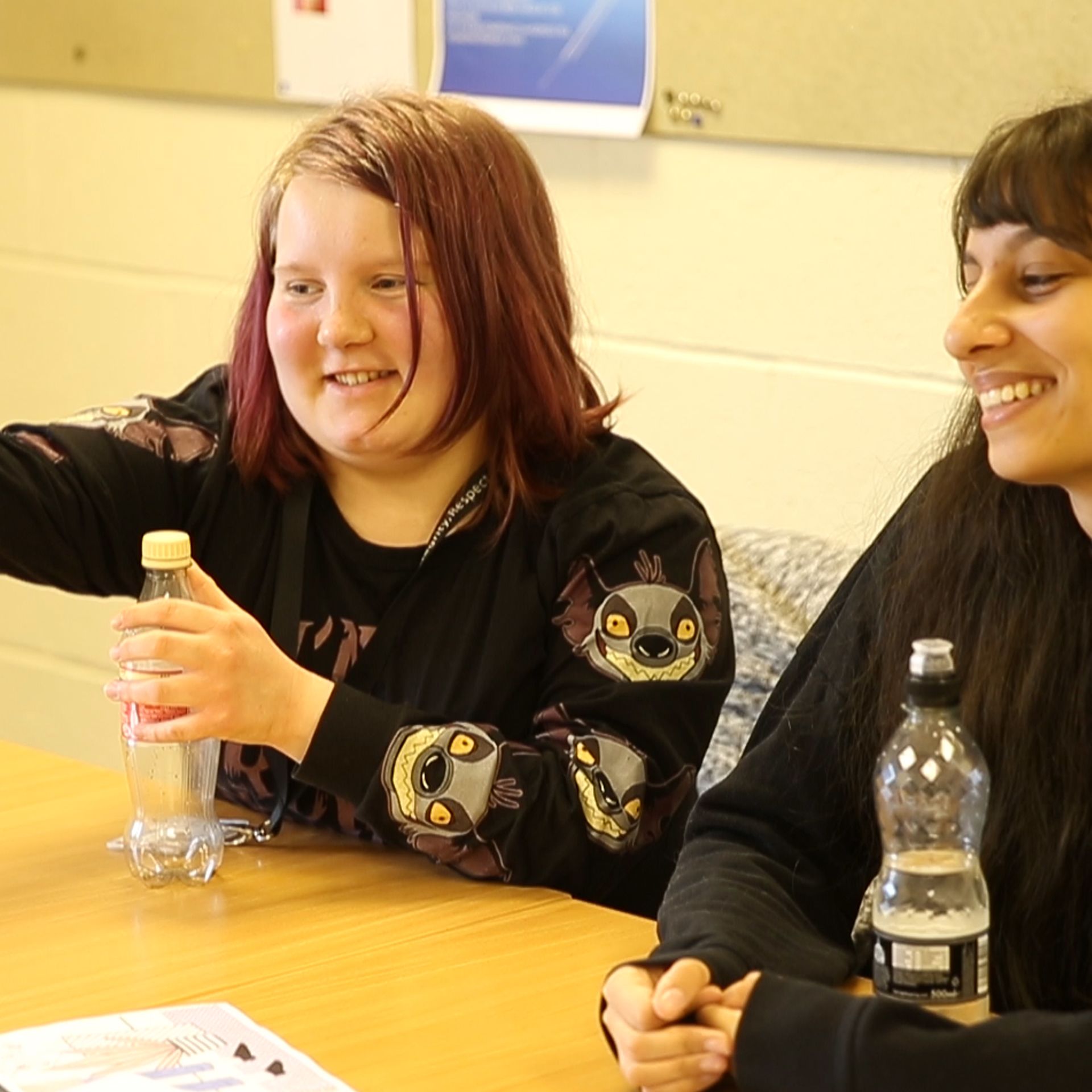
Some of the young co-creators involved in the project
“Mental wellbeing amongst young people is vital, especially in these challenging times. The films we’ve created aim to help identify early behaviours that might act as a catalyst to deeper issues and ways young people can self-help or look for further support if they need it.
What really sets this project apart is that it’s been co-created with young people at every step; their input has been invaluable in crafting a unique, genuine voice. We’re delighted to be working with some incredible charities and organisations to bring this campaign to life. We hope it can make a difference.”
Neil Pymer, Creative Director, Aardman
Deciding on the themes
The project team is experienced in the area of young people’s mental health and from the start were acutely aware of the most commonly known areas of concern, notably perfectionism, loneliness & isolation, independence, social media, and competitiveness. These areas were also identified as challenging by nine young people in a co-creative pilot and in response to a mailer to 7,000 students sent out by Aardman. The workshops, that were a formative part of the project, included diverse participants who helped in developing potential storylines and characters for the animated films.
“Young people’s voices are often missing in mental health campaigns. Our work with Aardman has foregrounded young people’s experiences of mental health struggle and fused them with our academic research to co-create an energetic and hopeful set of animated films. In a challenging time, when youth mental health is sadly worsening, these films are sorely needed. We tell young people’s stories through the narrative of their own experiences. We hope that in them young people can find solace, community, and education.”
Dr Thomas Curran, Co-Investigator, London School of Economics
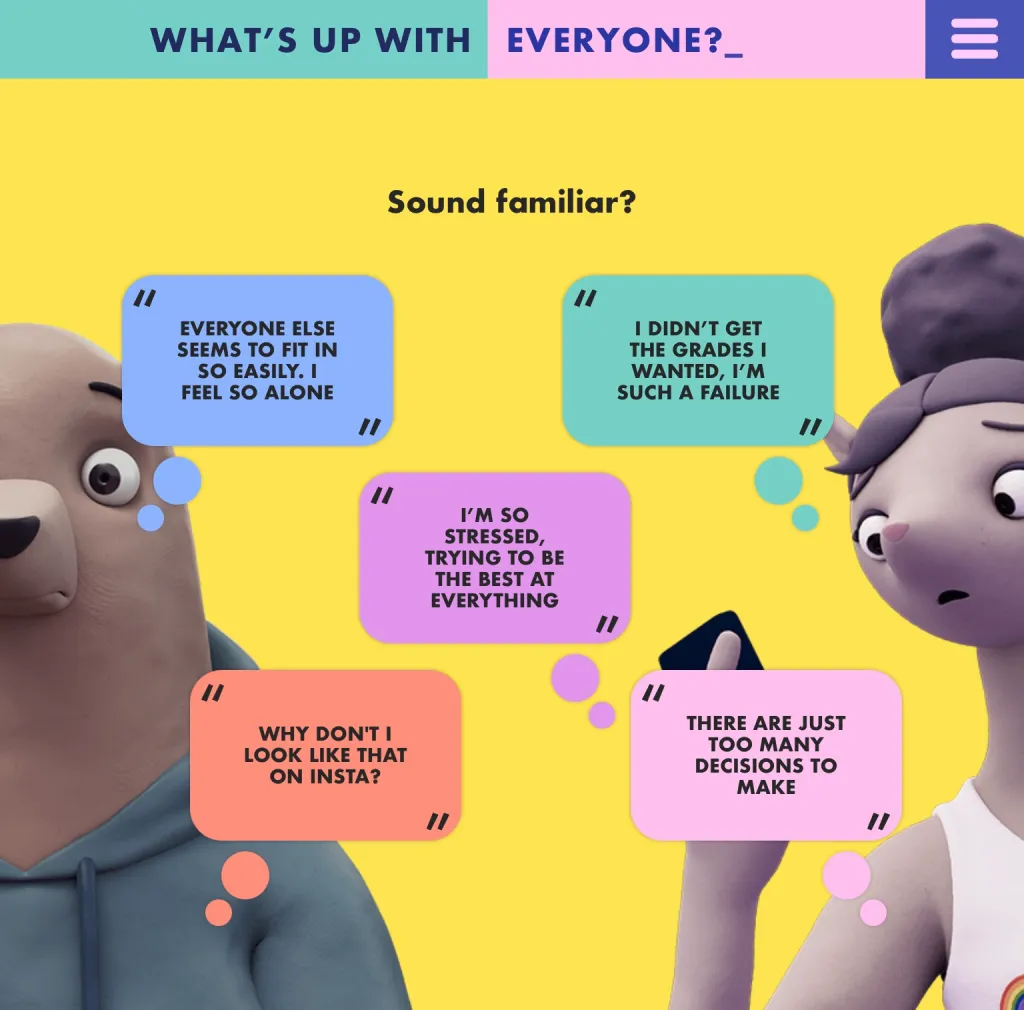
The development of the characters and storylines
The themes
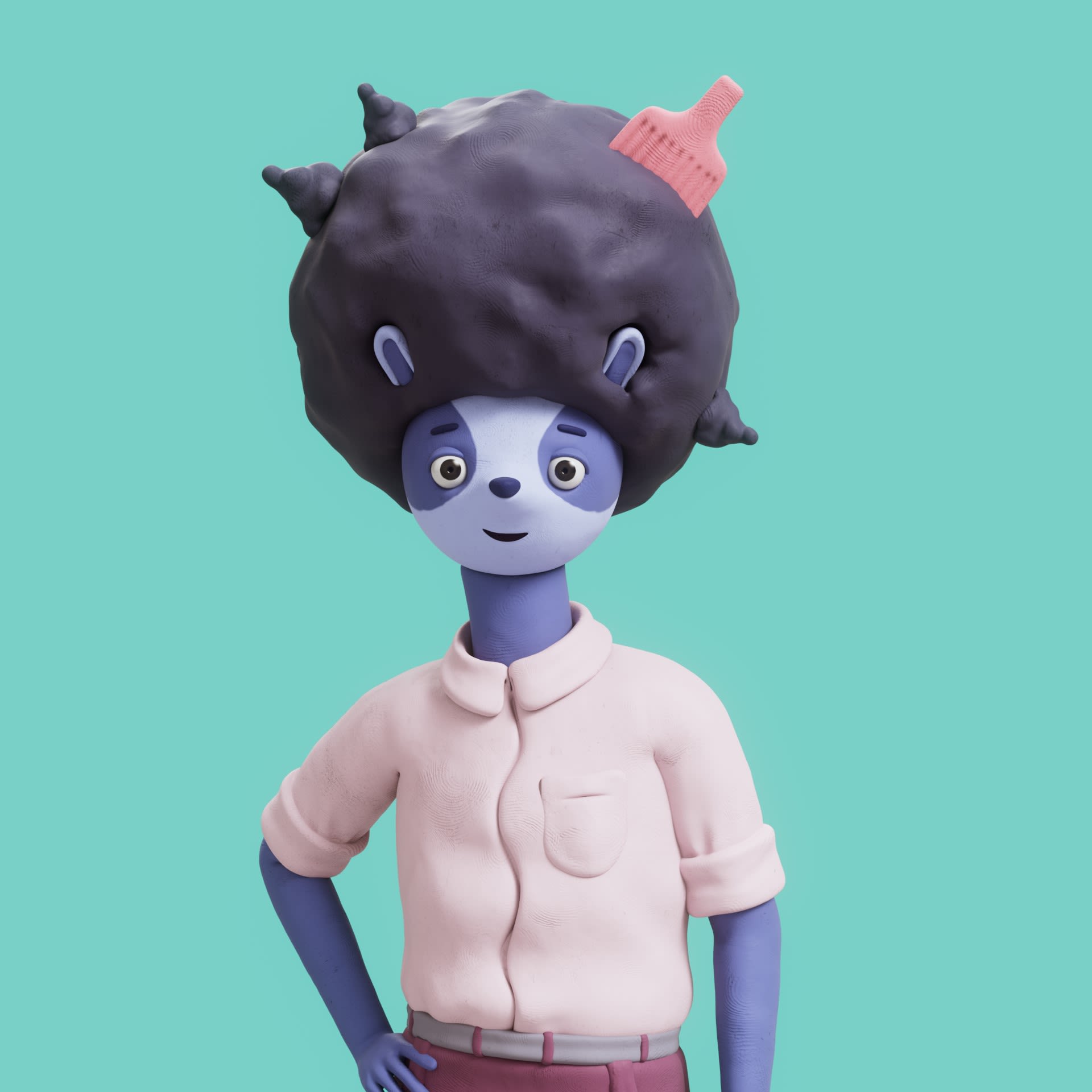
Perfectionism
Charlie
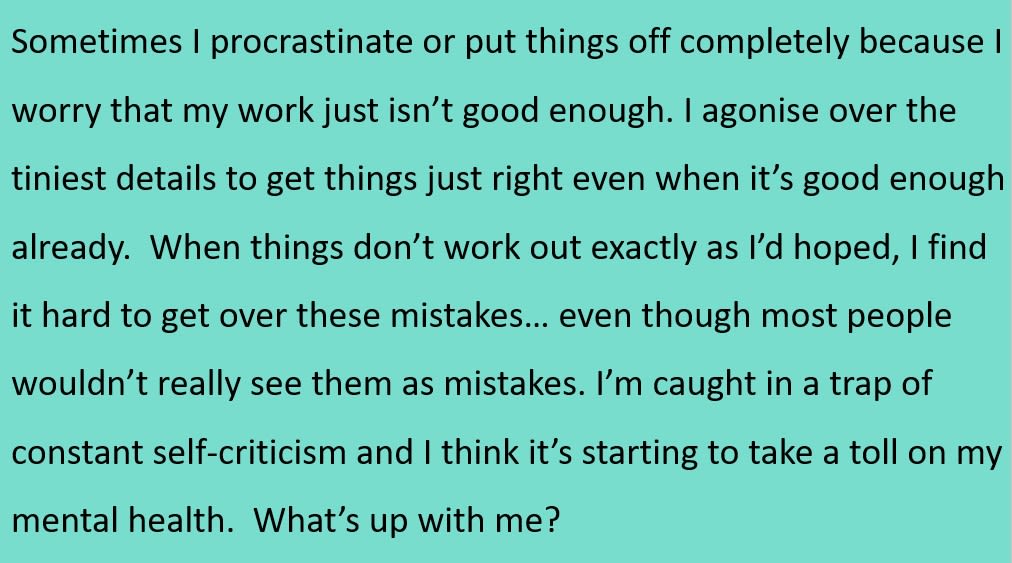
Perfectionism is a personality characteristic that reflects a need to be perfect. This often exists alongside harsh self-criticism and there is evidence to show that perfectionism is on the rise; recent meta-analysis showed that perfectionism is rising rapidly among university-aged young people, with modelling suggesting that by 2050, almost one in three people will report clinically relevant levels of perfectionism (Curran & Hill, 2019). Those are levels that we might typically see in a clinical population.
Not only does this latest research show that incidence is on the rise, but also that perfectionism might be one reason why young people are experiencing higher rates of serious mental illness. After all, perfectionism contributes to a litany of serious mental health conditions in young people, such as depression, anxiety, anorexia and suicide ideation (Limburg et al., 2017; Smith et al., 2019). Perfectionism is, therefore, a pressing public health concern.
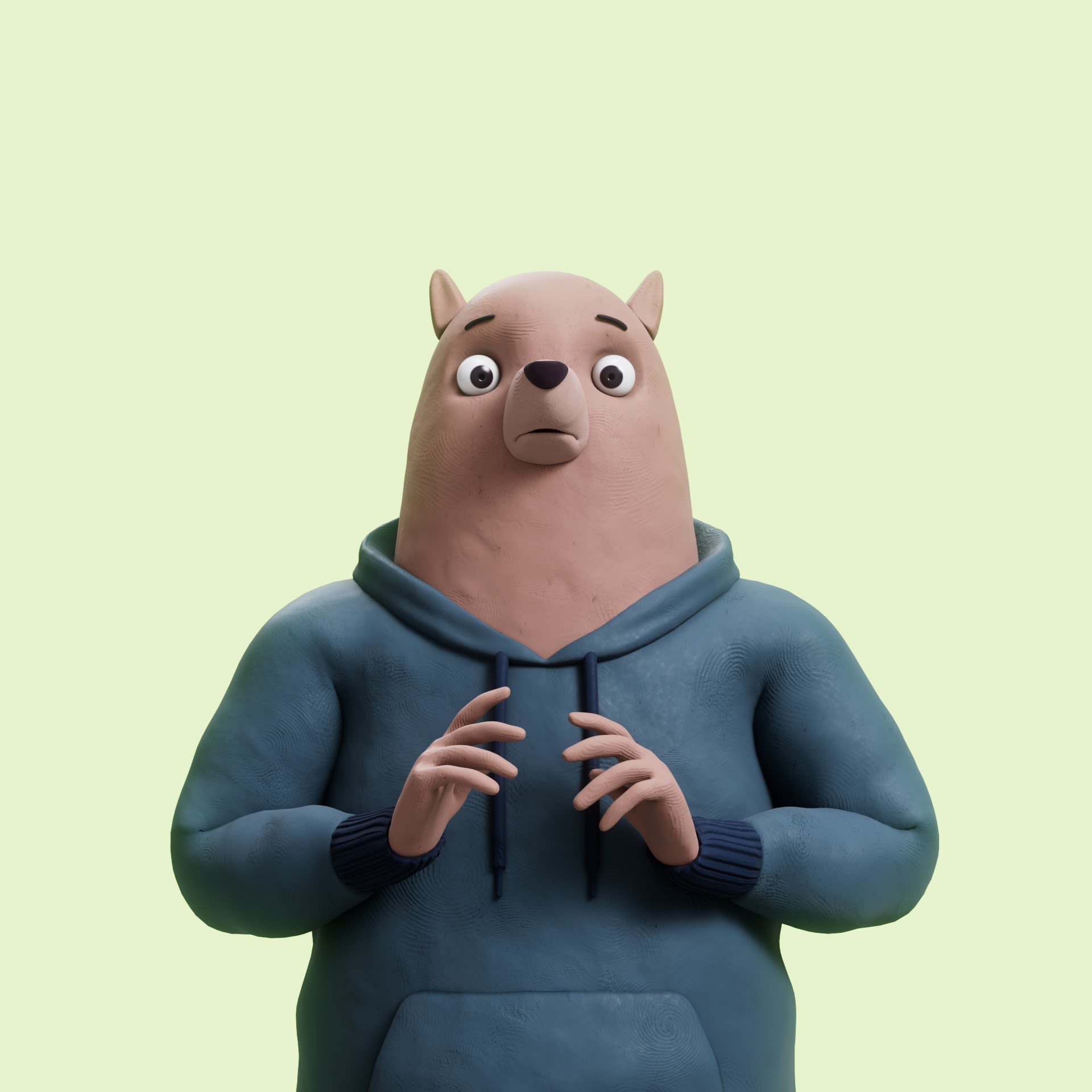
Loneliness and Isolation
Merve
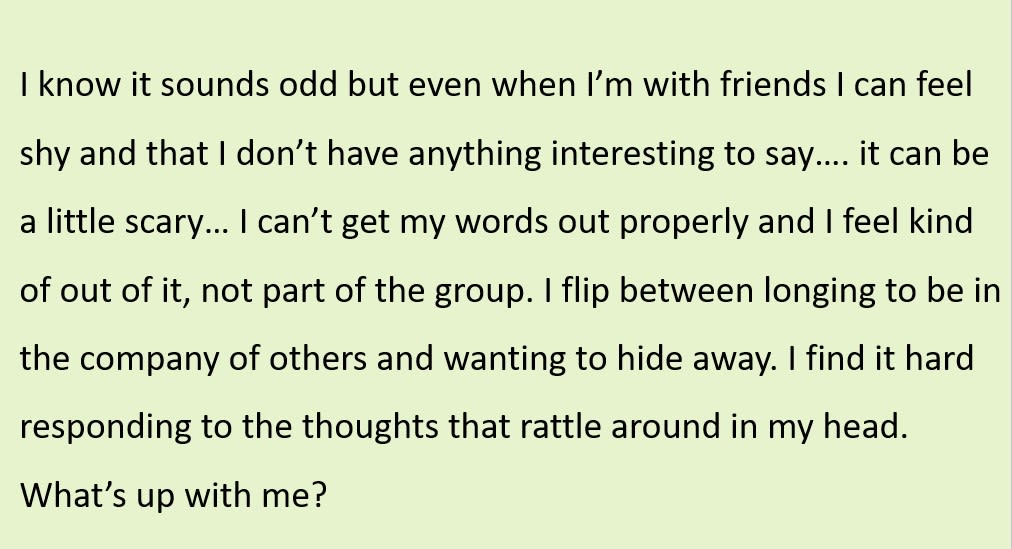
Whilst it is true that loneliness and isolation are some of the greatest issues to affect older populations, they also impact the lives of many young people. In fact, it is the loneliness and isolation section of the What’s Up With Everyone? site that is most commonly visited.
Navigating transition periods such as moving to college, university, or the workplace – where social networks tend to shift and change – can be a unique and sudden challenge that increases feelings of isolation and loneliness.
The pressure to fit in and the intense focus on social experience that often accompanies these particular transition periods can be overwhelming. For those who are already marginalised, for example living without access to the resources of their peers (e.g. internet) or facing discrimination due to their race, ethnicity, gender, religion, or other factors, these feelings can be enhanced.
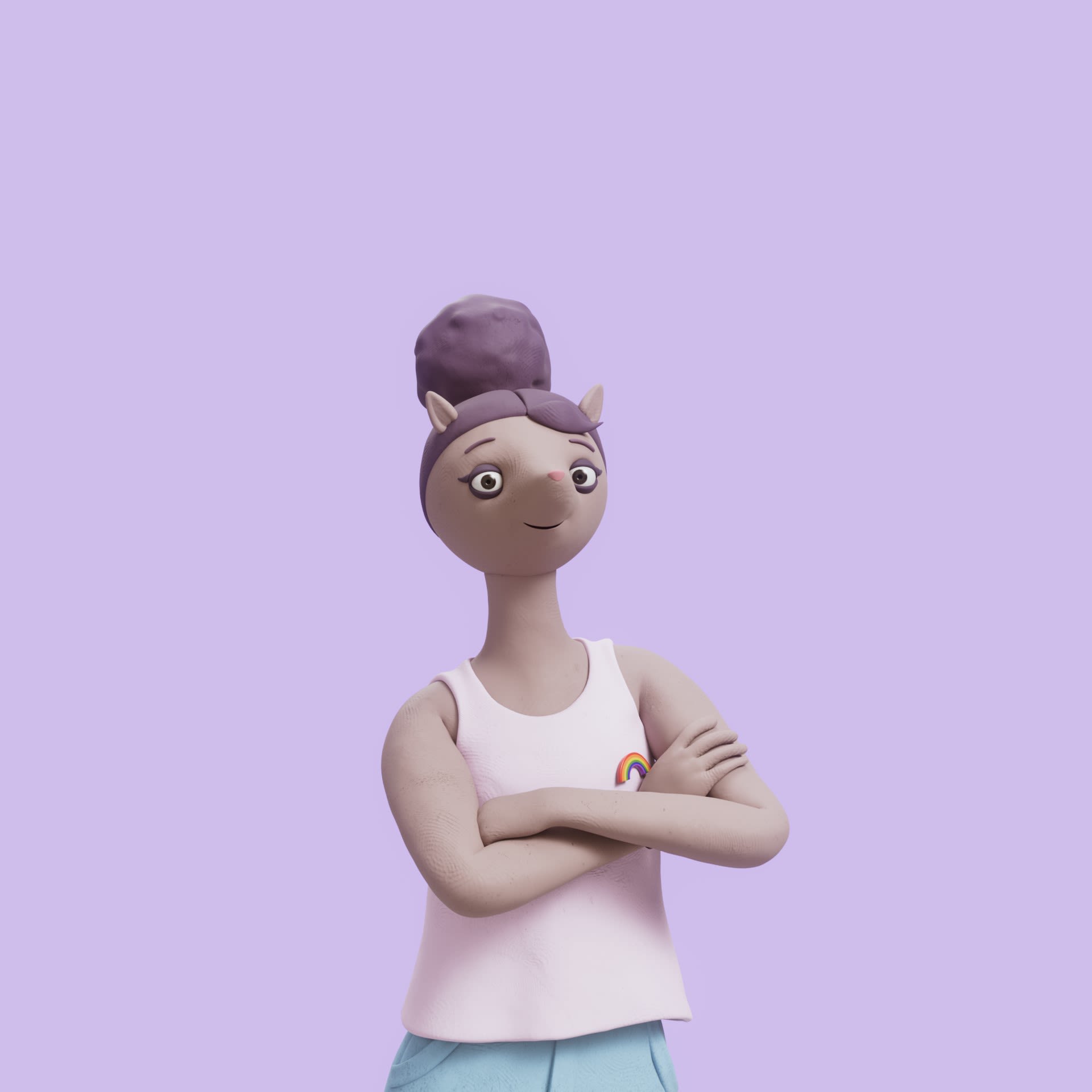
Independence
Ashley
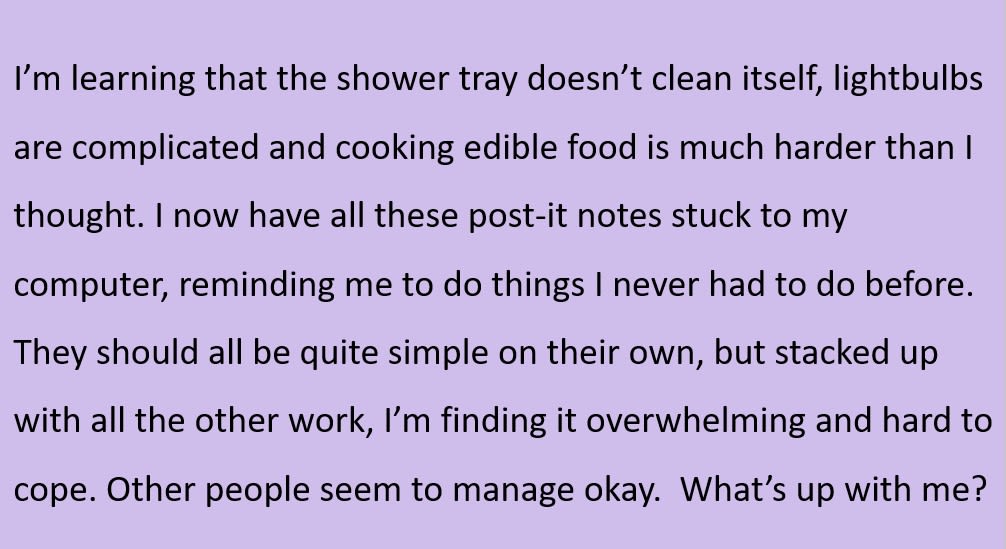
Major transition periods are often accompanied with a pressure to take on greater independence. While this can certainly be a positive experience, it is not without its challenges. Independence involves taking risks, and having the confidence to acquire new skills but learn when you make mistakes.
The challenges associated with living independently can be particularly stressful and many young people may feel that asking for help and support is a sign of weakness.
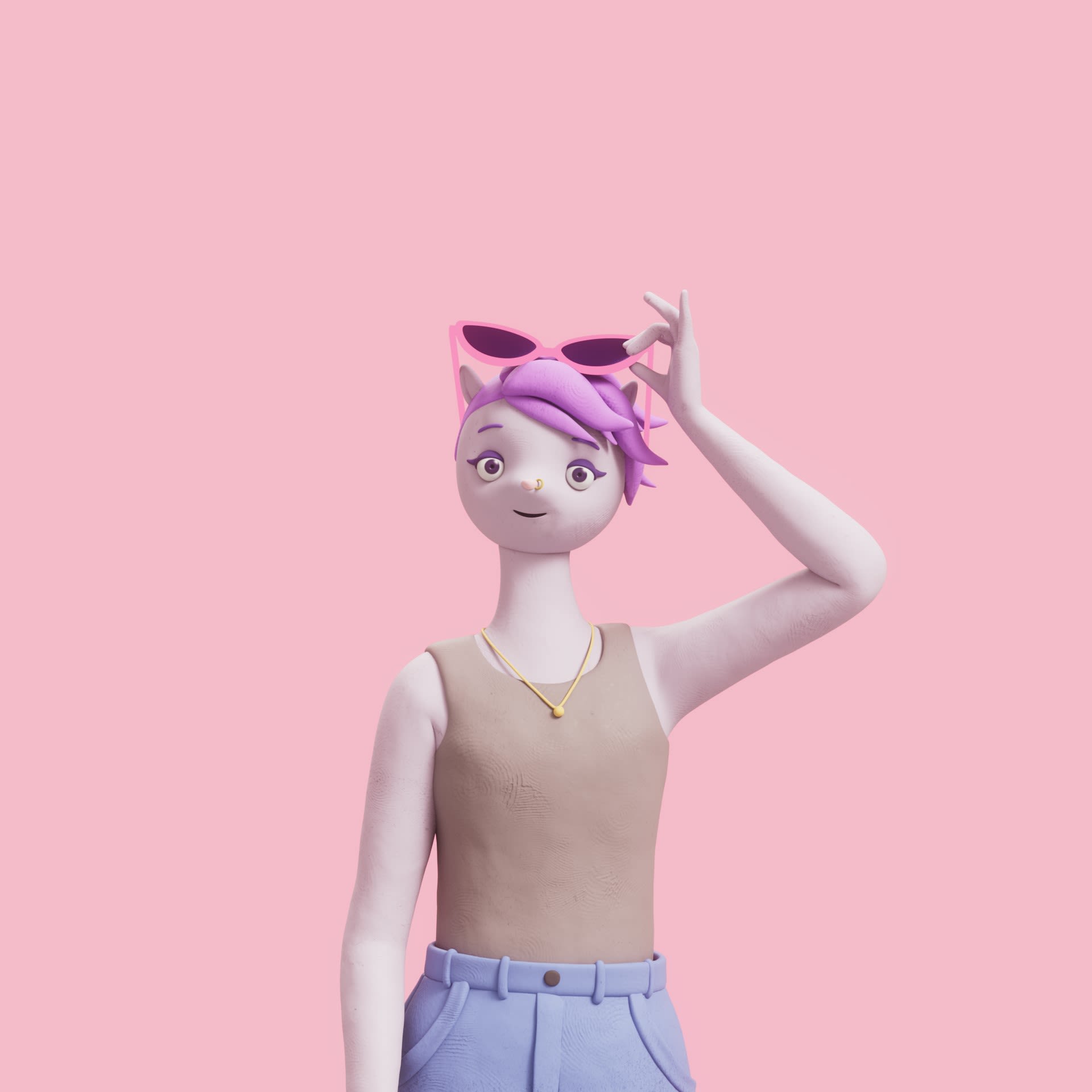
Social Media
Alex
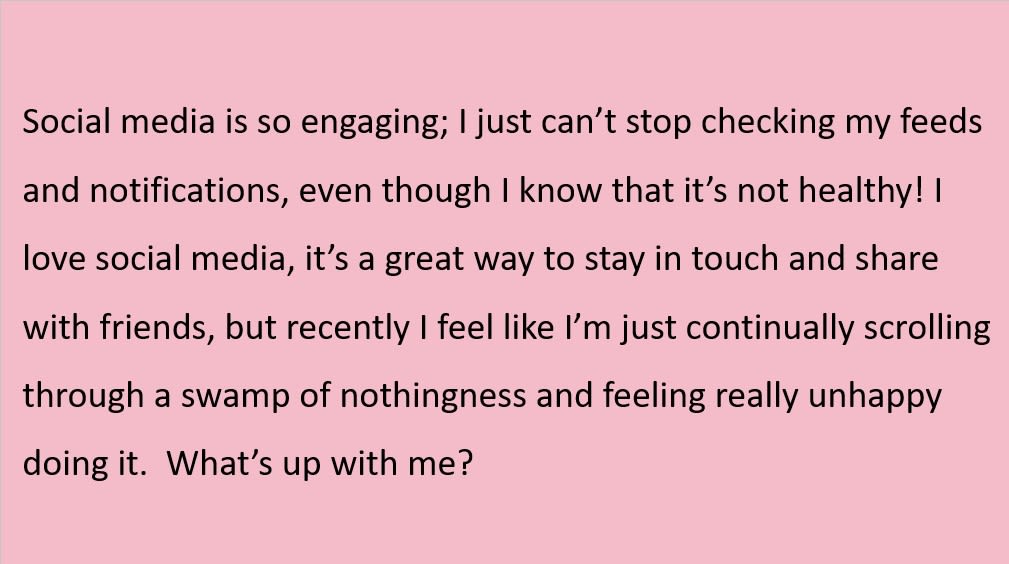
Making negative comparisons between ourselves and what we see on social media, however, is commonplace – the unrealistic and unobtainable images and lives that are presented on social media can create perceived standards that are impossible to live up to.
Alongside this, there is also the pressure to share opinions, personal information, and photographs on an extreme scale – behaviours that are encouraged by persuasive loops of reward, duty, exchange, and a need for validation. Research suggests that this need to achieve ‘likes’ and ‘shares’ has decreased the quality of communication between users and increased social withdrawal, self-neglect, poor diet, and family conflict.
Government, industry chiefs, and technology designers are now incorporating new policies and guidelines to ensure social media platforms design their online services more responsibly and consider young people’s online rights, needs, and developmental milestones.
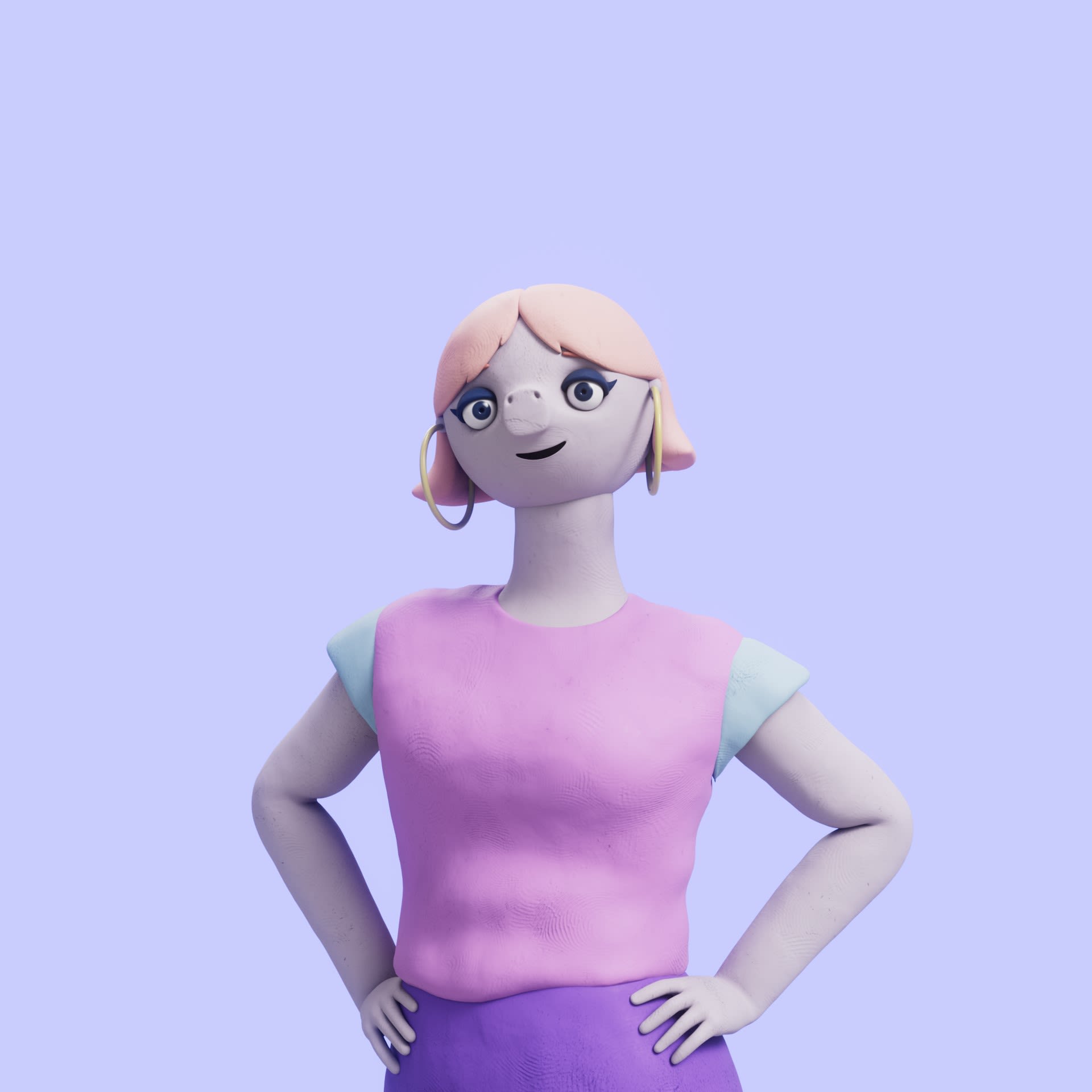
Competitiveness
Tai
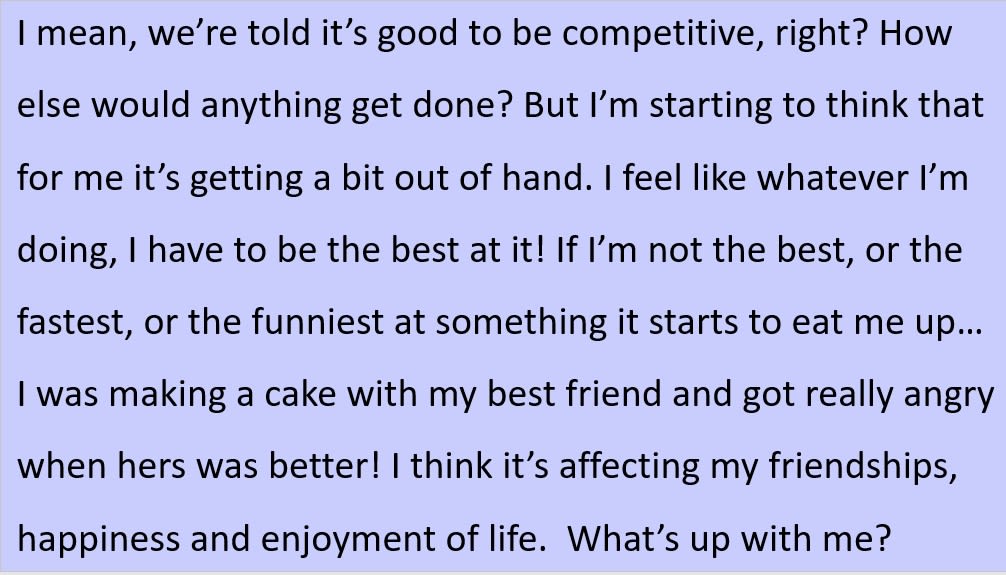
Competitiveness varies greatly among individuals and can be a positive and advantageous quality. However, it should be recognised that competitiveness can be influenced by external factors, such as the number of competitors and the presence of audiences. Competitiveness can be problematic when someone is hypercompetitive.
Individuals who are hypercompetitive tend to display very strong urges to compete and win at all costs, because winning forms a large part of who they are. Hypercompetitiveness can be related to low self-esteem, high neuroticism, and high aggression. Other types of competitiveness can be a problem if they begin to cause people emotional distress.
Young people are increasingly facing more competitive environments, such as the job market and university admission, which could be related to the increased level of perfectionism seen in recent years. This is concerning due to its association with psychological disorders, such as depression and anxiety.
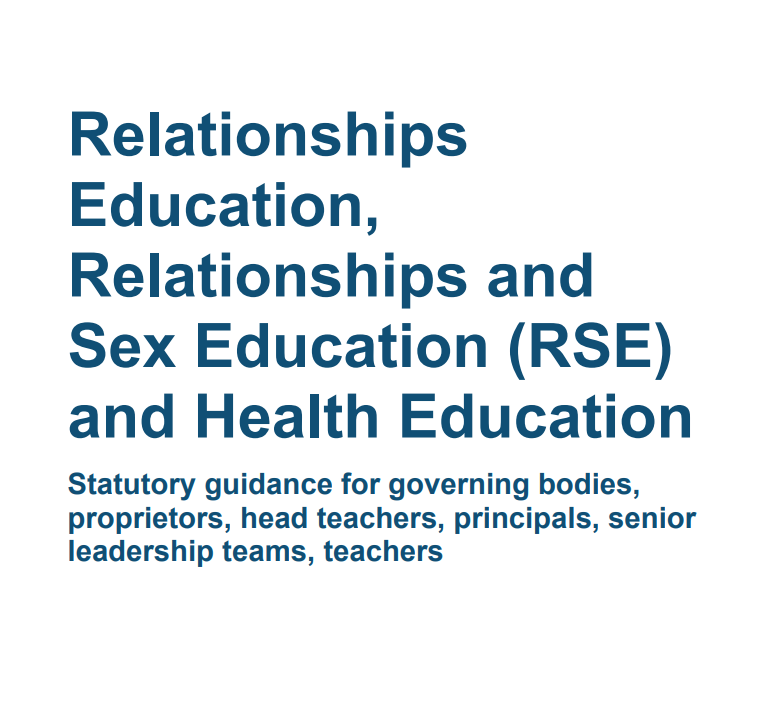
Below are key associations with the Government’s Relationships, Education, Relationships and Sex Education and Health Education statutory guidance.
Pupils should be supported to recognise what makes them feel lonely. Self-focused or isolating lifestyle choices can lead to unhappiness and being disconnected from society for those who have greater need for companionship and relationships.
The internet and social media have important characteristics which young people should be aware of in order to help them use them discriminatingly. Secondary school pupils should know the similarities and differences between the online world and the physical world, and how to identify harmful behaviours online (including bullying, abuse or harassment) and how to report, or find support, if they have been affected by those behaviours.
Pupils should be taught how to judge when they, or someone they know, needs support and where they can seek help if they have concerns. This should include details on which adults in school and externally can help.
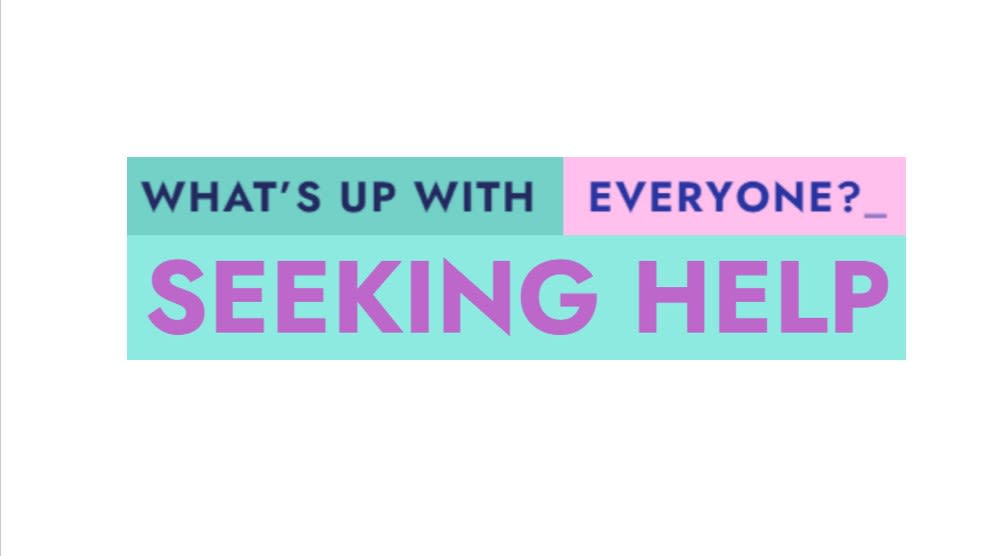
Alongside the films, important support information and signposting is provided for young people on how to help themselves and their peers seek help for the issues raised through the campaign.
“Through creating another avenue to help support the next generation of society, we hope that this campaign will really encourage young people to think about the world they live in and reflect on how they respond to it, so that they stay happy and healthy.”
Dr Dominique Thompson, Clinical adviser, Buzz Consulting
Research findings and publications
“The research behind, within, and about this project was fundamental to the successful creation of these new films and the website to support the mental health of young people.”
Professor Paul Crawford, Project Lead and Principal Investigator, the University of Nottingham
Findings show that the animated films have improved young people’s knowledge and attitudes towards mental health, increased their willingness to seek help and built their confidence to help others.
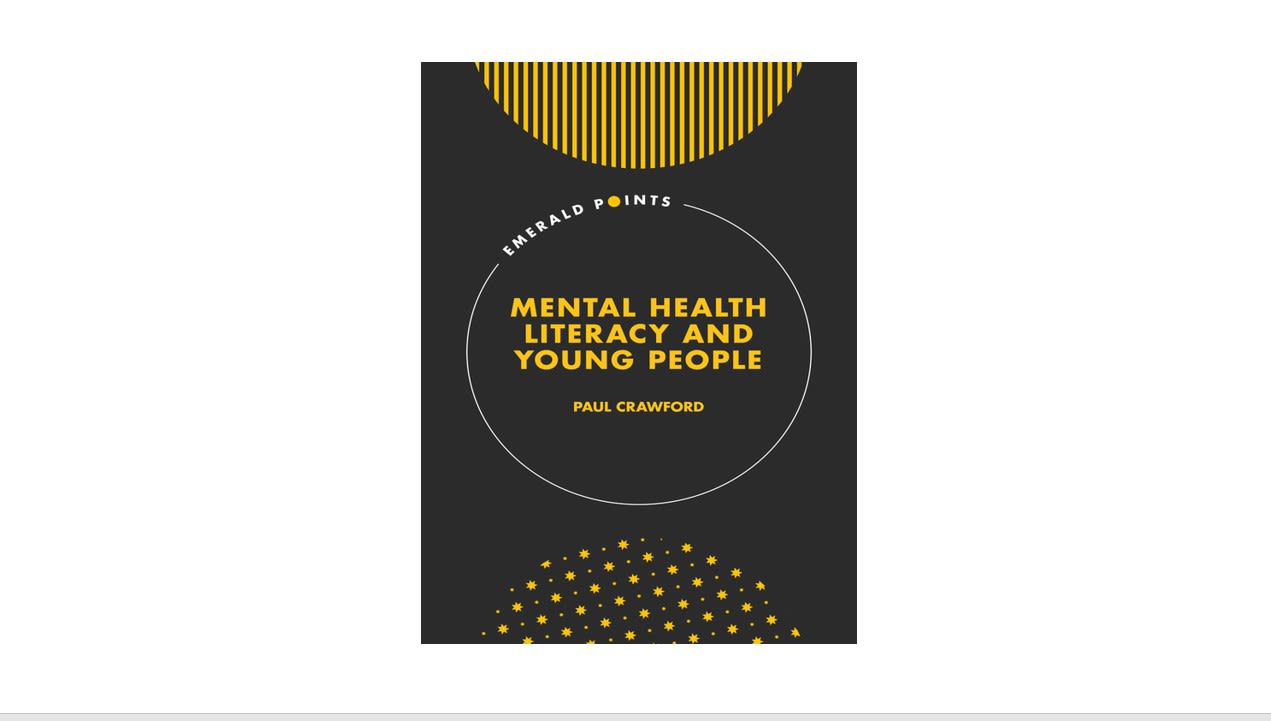
Crawford, P. (2022) Mental Health Literacy and Young People. Emerald: Bingley.
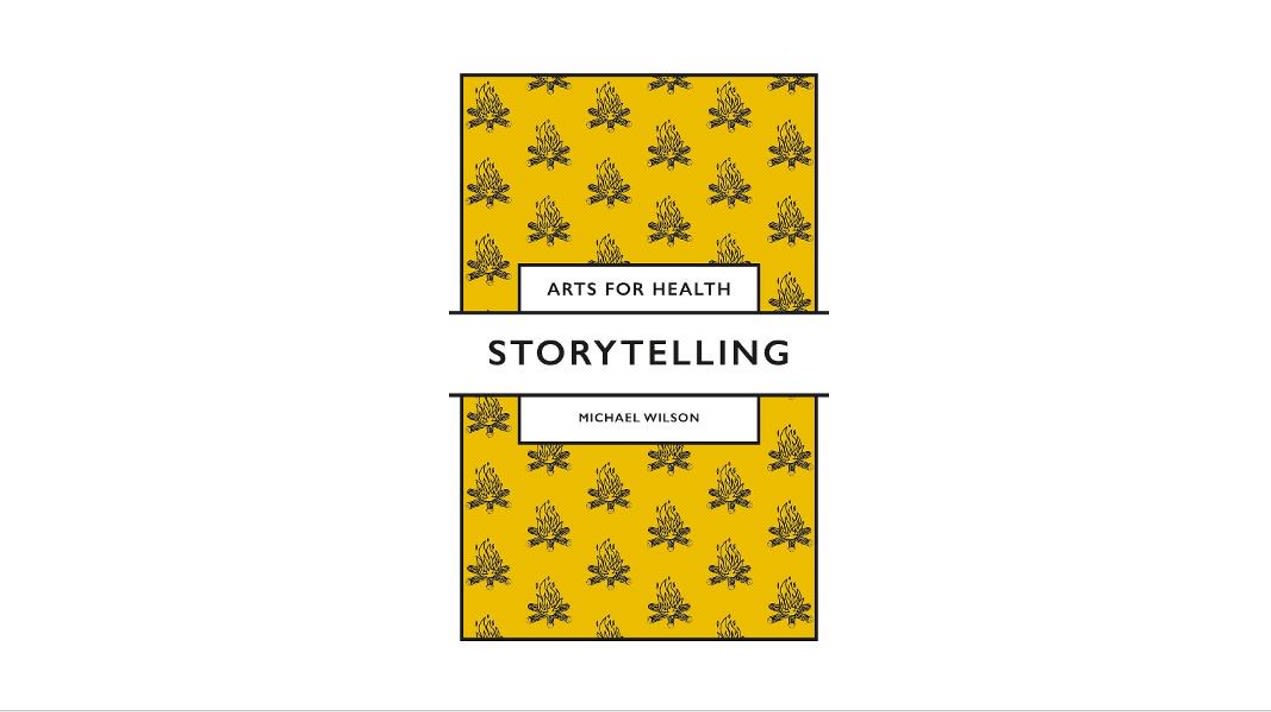
Wilson, M. (2022) Storytelling. Emerald: Bingley.
The Storytelling Academy
The Storytelling Academy is a research and teaching collective based in the School of Design and Creative Arts at Loughborough University. Its work focusses on the application of storytelling as a means for social change, by bringing new knowledge, thinking and previously unheard voices to bear on major social challenges, thereby democratising public discourse and increasing engagement and impact. Its work is based around the themes of health, education, environment and heritage, with its health work largely concerned with mental health literacies.
The following digital stories are a selection from those which were made in online workshops in late Spring 2020, during the first COVID-19 lockdown. Dr. Melaneia Warwick, from the Storytelling Academy at Loughborough University, worked with young people to reflect on their understanding of mental health through exploring their own experiences and those of people close to them. The digital storytelling workshops, and the collection of stories that emerged from them, fed into the development of the animations produced by Aardman. They do, however, stand as creative research outputs from What’s Up With Everyone? in their own right.
“The Storytelling Academy at Loughborough has a longstanding interest in how storytelling can be applied to the field of health and well-being to contribute to better outcomes. This unique collaboration … allows us to develop our work in exciting new ways around creating agency for individuals through using storytelling to improve mental health literacy.”
Professor Mike Wilson, Co-Investigator, Storytelling Academy, Loughborough University
Angelina Ballerina
Birdsong
Walk in my shoes
Promotional activities
Through the use of social media channels and influencer posts, the campaign reached over 17 million people within just the first four months of launch in February 2021.
Click on the tabs below to explore how the What's Up With Everyone? campaign has been promoted.
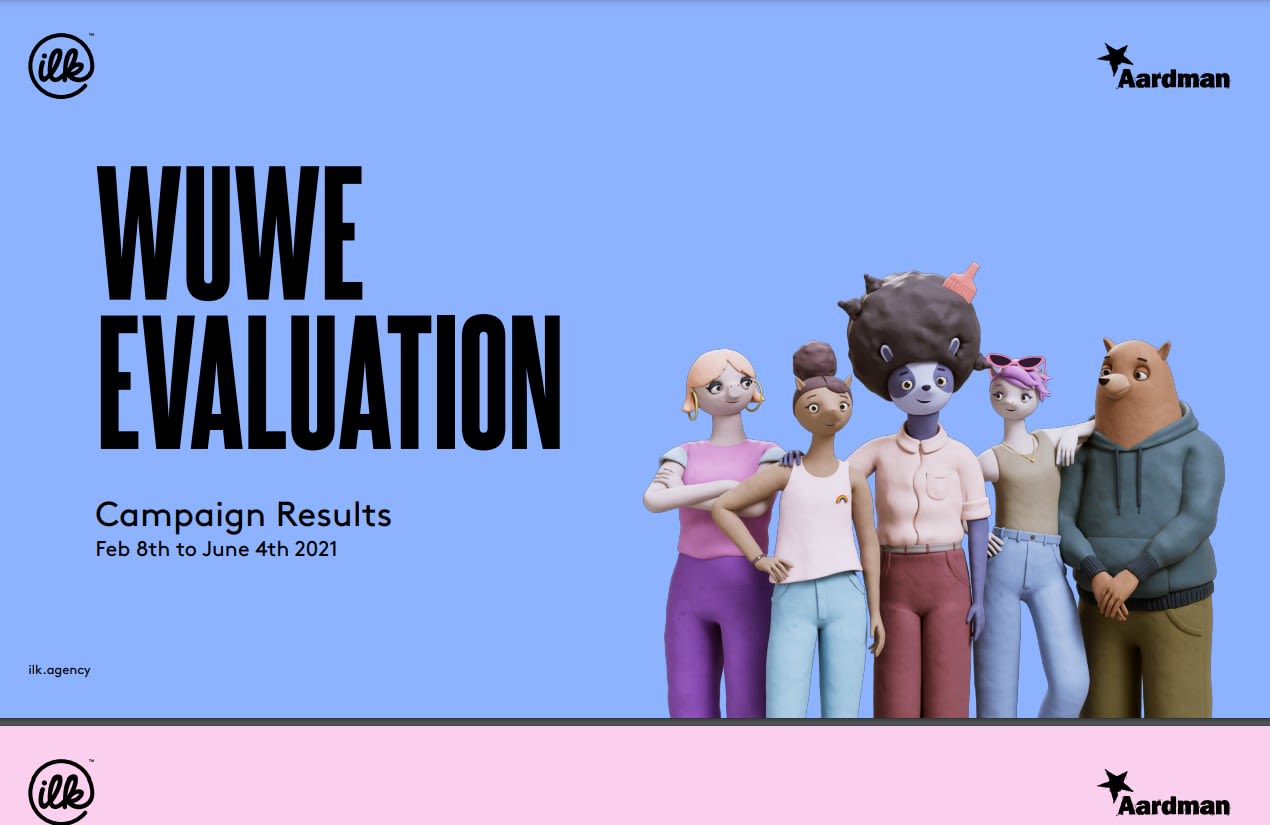
Click here to read the campaign results.
The campaign legacy
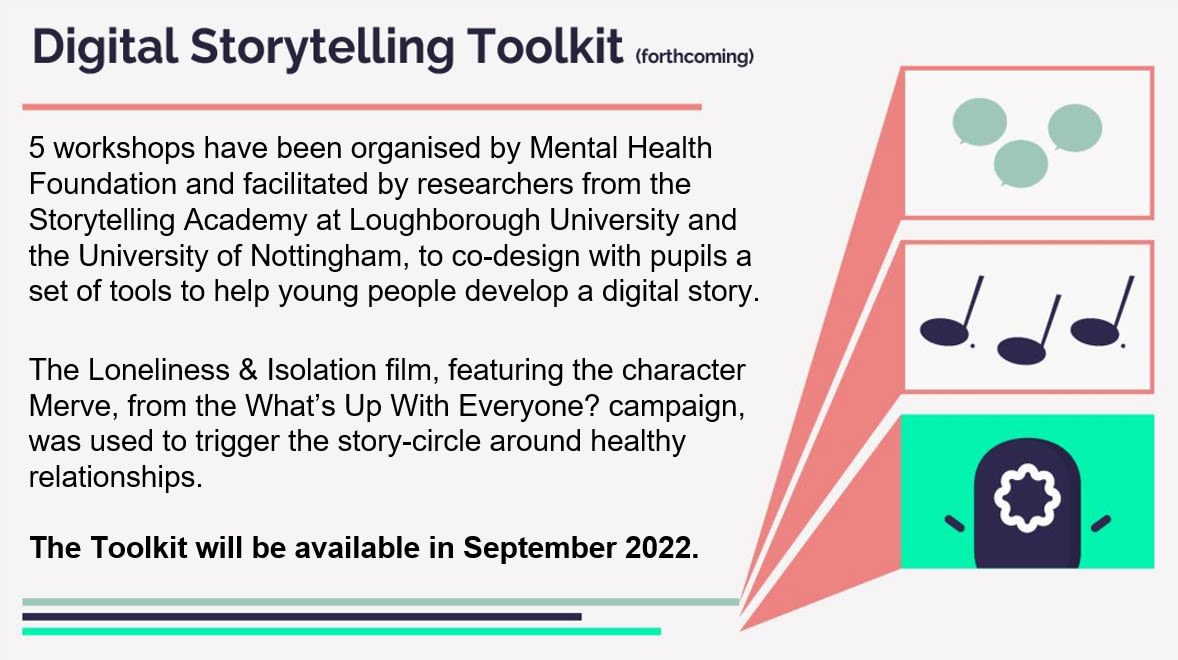
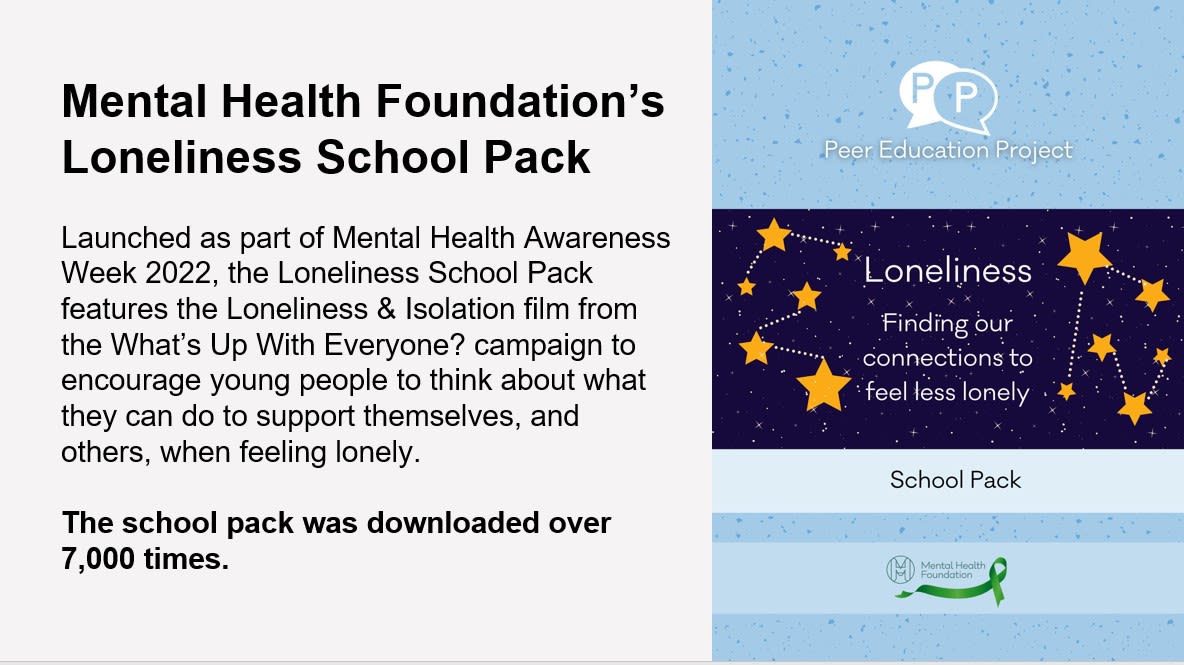
Click here to download the Loneliness School Pack.
Acknowledgments
Project Lead and Principal Investigator
Dr Paul Crawford, Project Lead and Principal Investigator, the University of Nottingham
Production Team
Lorna Probert, Head of Interactive Production, Aardman Animations
Dan Binns, Animation Director, Aardman Animations
Neil Pymer, Interactive Director, Aardman Animations
Research Team
Dr Mike Wilson, Co-Investigator, Loughborough University
Dr Elvira Perez Vallejos, Co-Investigator, The University of Nottingham
Dr Thomas Curran, Co-Investigator, The London School of Economics and Political Science
Dr Antonia Liguori, Loughborough University
Dr Sachiyo Ito-Jaeger, PDRA, The University of Nottingham
Dr Melaneia Warwick, PDRA, Loughborough University
Dr David Crepaz-Keay, Head of Applied Learning, Mental Health Foundation
Marwah El-Murad, Programme Manager, Mental Health Foundation
Sarah Gordon, PhD, The University of Nottingham
Ngozi Oparah, PhD, Loughborough University
Lucy McLaughlin, PhD, Loughborough University
Joe Stevens, PhD, Loughborough University
Alma Solarte-Tobon, PhD, Loughborough University
Clinical Adviser
Dr Dominique Thompson, Clinical Advisor, Buzz Consulting [liaising with Dr Ian Barkataki]
Project Administrator
Charlotte Moody, Project Administrator (Current, April 2021 onwards), previously Fiona Harris and Angie Bagley.
Advisory Board
Andrew Chitty Innovate UK, (Chair)
Kamaldeep Bhui, Centre for Psychiatry
Paul Manners, National Co-Ordinating Centre for Public Engagement
Gregor Henderson, Public Health England
Emma Worallo, Founder of the Pineapple Lounge
Tegan Creedy, Happy Space
Sarah Doherty, eNurture, Youth Representative
David Gauntlett, Ryerson University, Toronto
AHRC Project Oversee
Margaret Charleroy, Strategy and Development Manager, Health & Wellbeing (Lead adviser to project), AHRC
Paul Meller, Associate Director, Programmes, AHRC
Leo Springate, Grants Operations Manager, AHRC
Digital Showcase
Ruth Simmonds, Project Manager, Mental Health Foundation
Ruby Kellard, Project Coordinator, Mental Health Foundation
Dedication
This showcase is dedicated to the memory of our first project administrator, Angie Bagley, who sadly lost her battle with cancer during the project. She is missed by all the team and our hearts go out to her family at this time. She was a big Shaun the Sheep fan!
Get involved
Facebook: /WhatsUpWithEveryone
Instagram: @WhatsUpWithEveryone
Twitter: @_WhatsUpWith
TikTok: @WhatsUpWithEvery1





